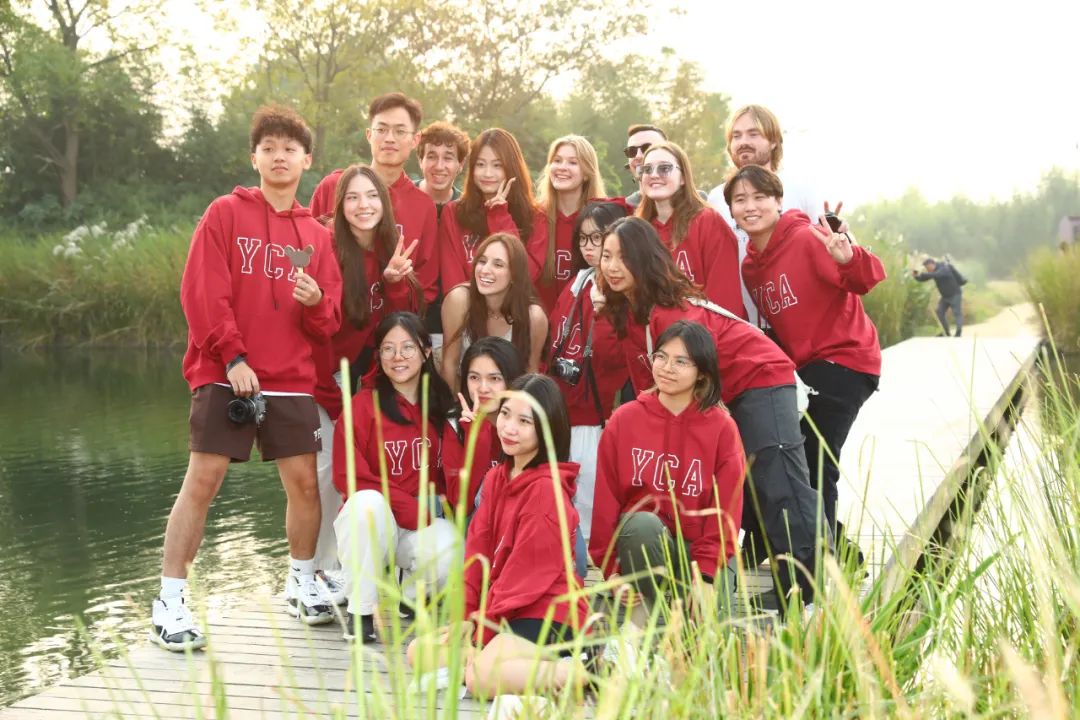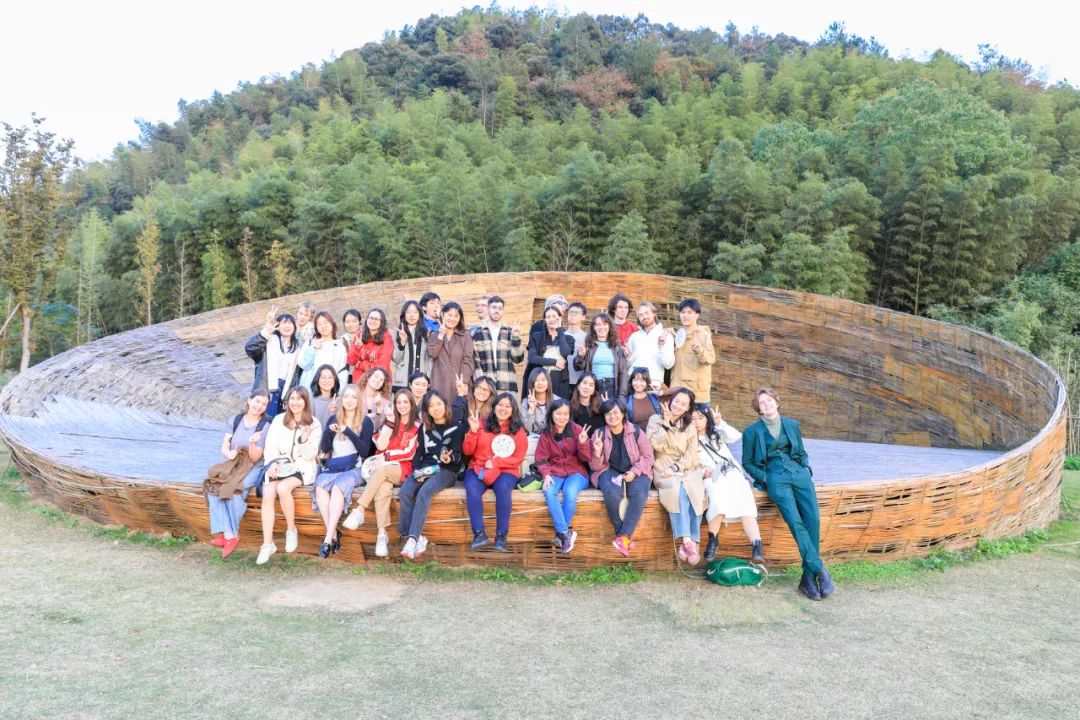From November 3 to November 9, 2024, Yenching Scholars embarked on an eventful week in Zhejiang province, engaging in a comprehensive exploration of China's cultural, historical, and technological landscapes. This multifaceted program featured a diverse array of activities, including academic lectures, immersive site visits, and interactive cultural experiences, each designed to deepen understanding of China’s rich heritage and its dynamic modern developments. This account brings to life the week’s journey, highlighting not only the academic and cultural milestones but also the meaningful experiences that left a lasting impression on all involved.
Exploring the Foundations of Chinese Art and Civilization: A Day at the China Academy of Art and Liangzhu Sites
Scholars began their exploration of Chinese art and culture with a visit to the Liangzhu campus of the prestigious China Academy of Art, a cornerstone of artistic and cultural education in China. Upon arrival, they attended an engaging academic lecture by Professor Ma Chuan, who offered insightful perspectives on the academy’s legacy, contributions, and its role in shaping contemporary art education. This thought-provoking session laid the groundwork for the day’s activities, equipping Scholars with a deeper academic context to appreciate and understand the artistic and cultural heritage they were about to explore.

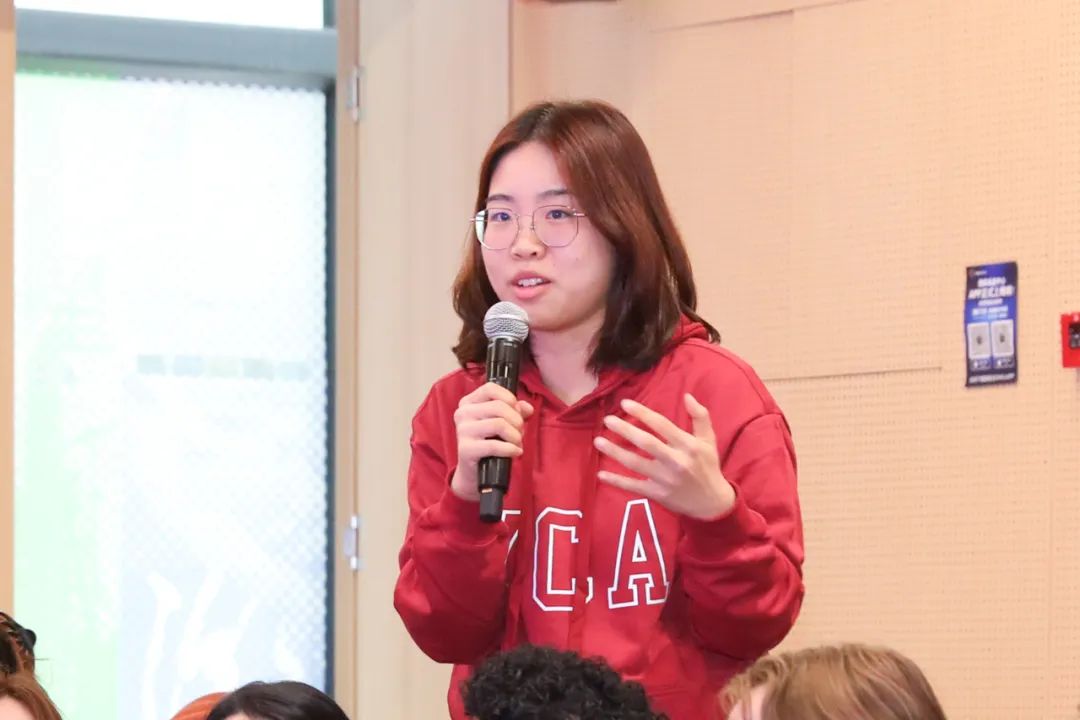
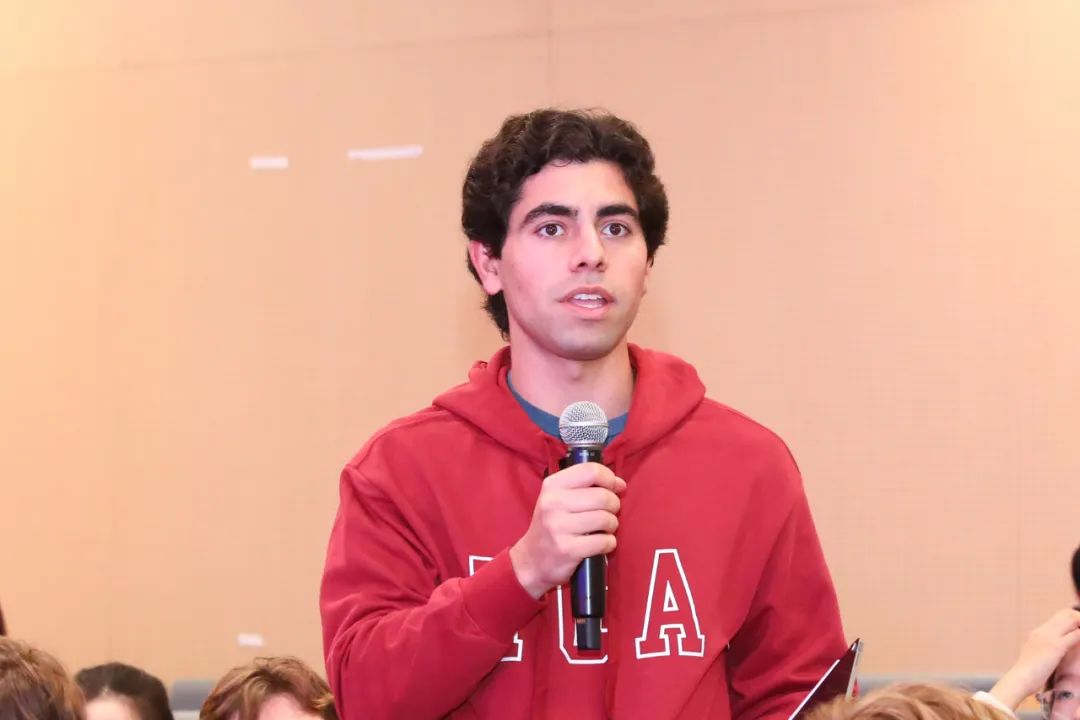
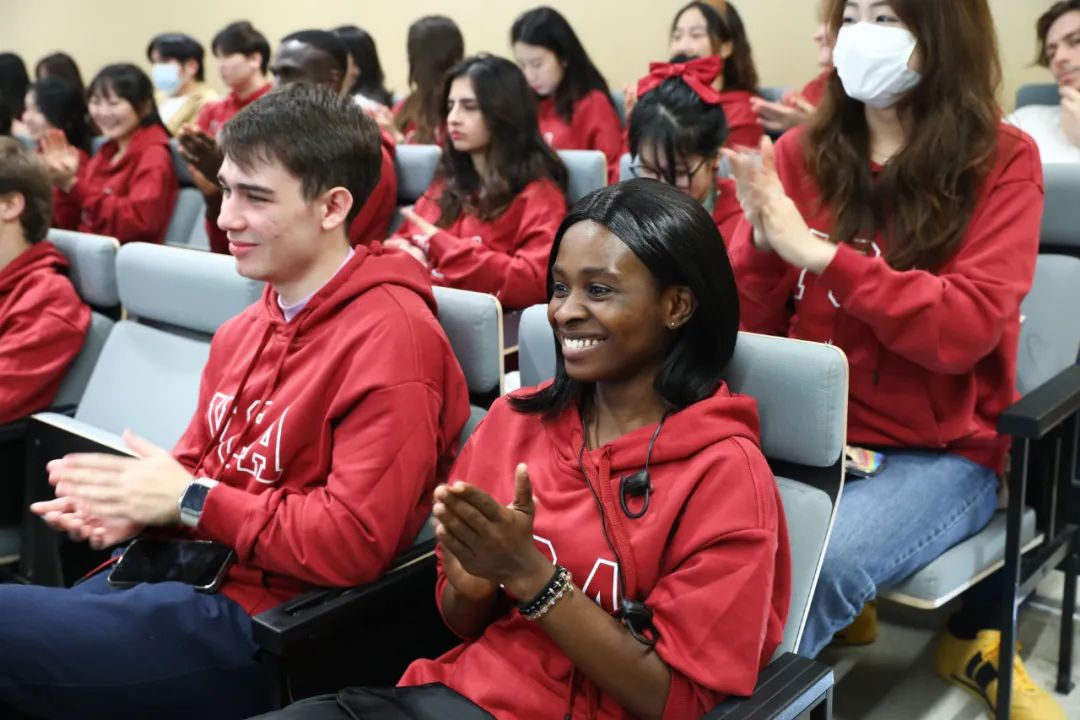
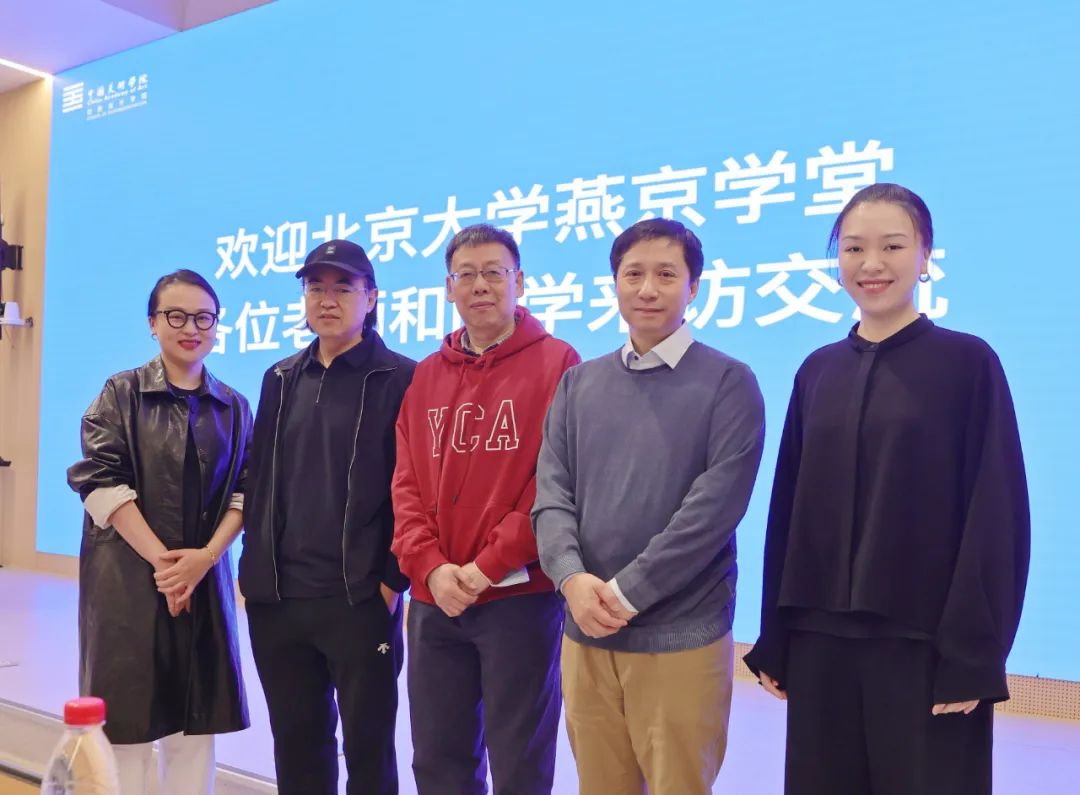
Following the lecture, Scholars had the opportunity to explore the campus and engage in group discussions with students from the China Academy of Art. This interactive exchange fostered cross-cultural communication and allowed Yenching Scholars to gain insights into Chinese art education and student perspectives, deepening their understanding of China’s academic and cultural landscape.
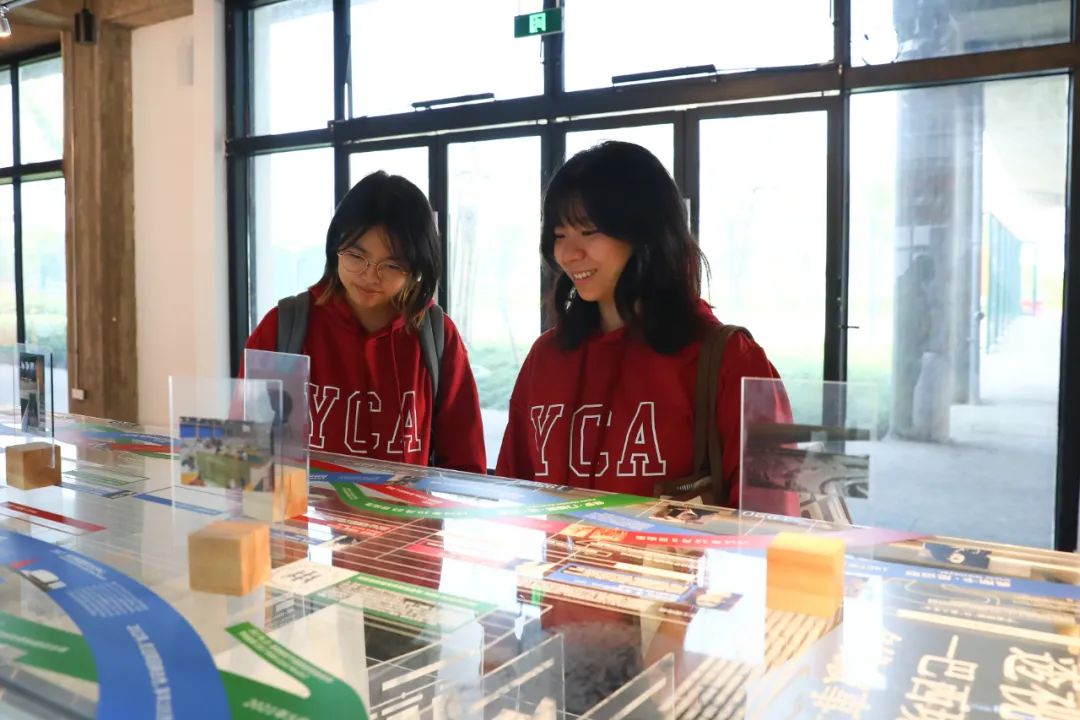
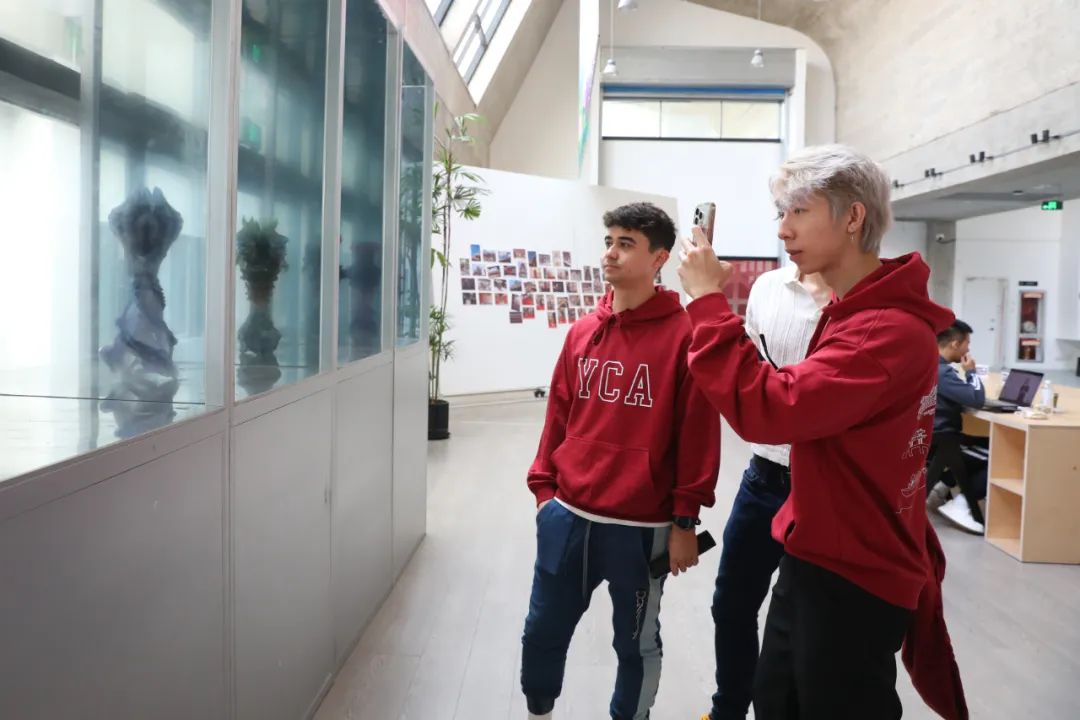
The group then traveled to the Liangzhu Museum, known for its dedication to the ancient Liangzhu civilization. The museum visit offered a close look at artefacts and relics from the Neolithic Liangzhu culture, connecting the morning’s theoretical insights with tangible historical evidence. Scholars were able to appreciate the rich cultural heritage preserved at this site and understand the significance of the Liangzhu civilization in Chinese history.
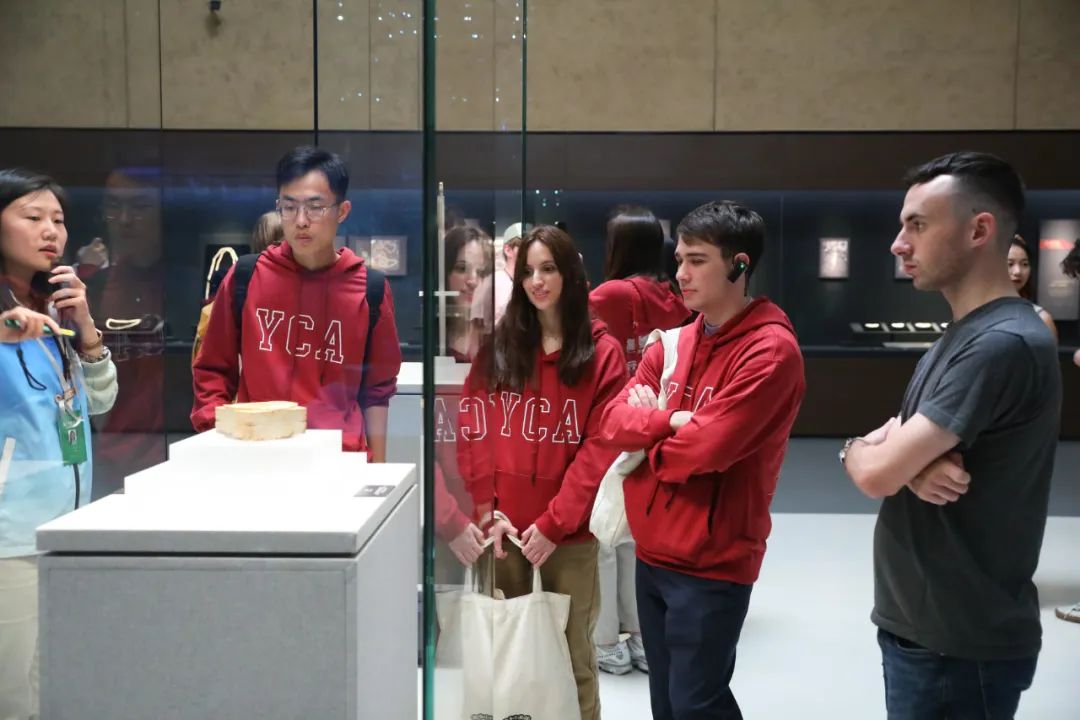
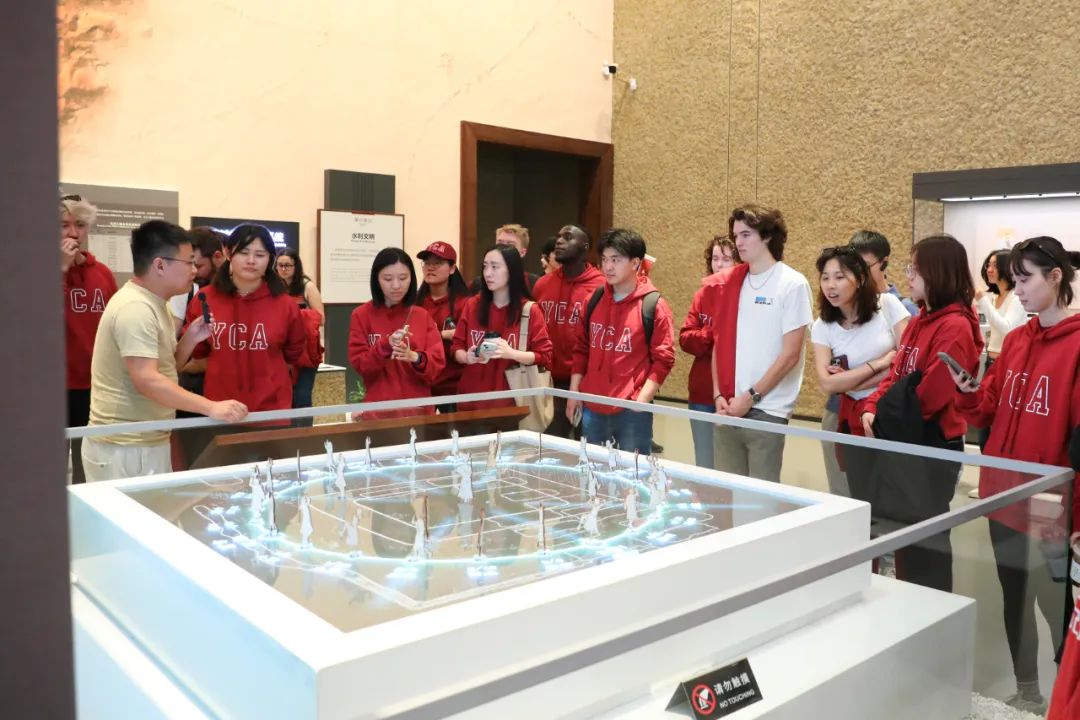
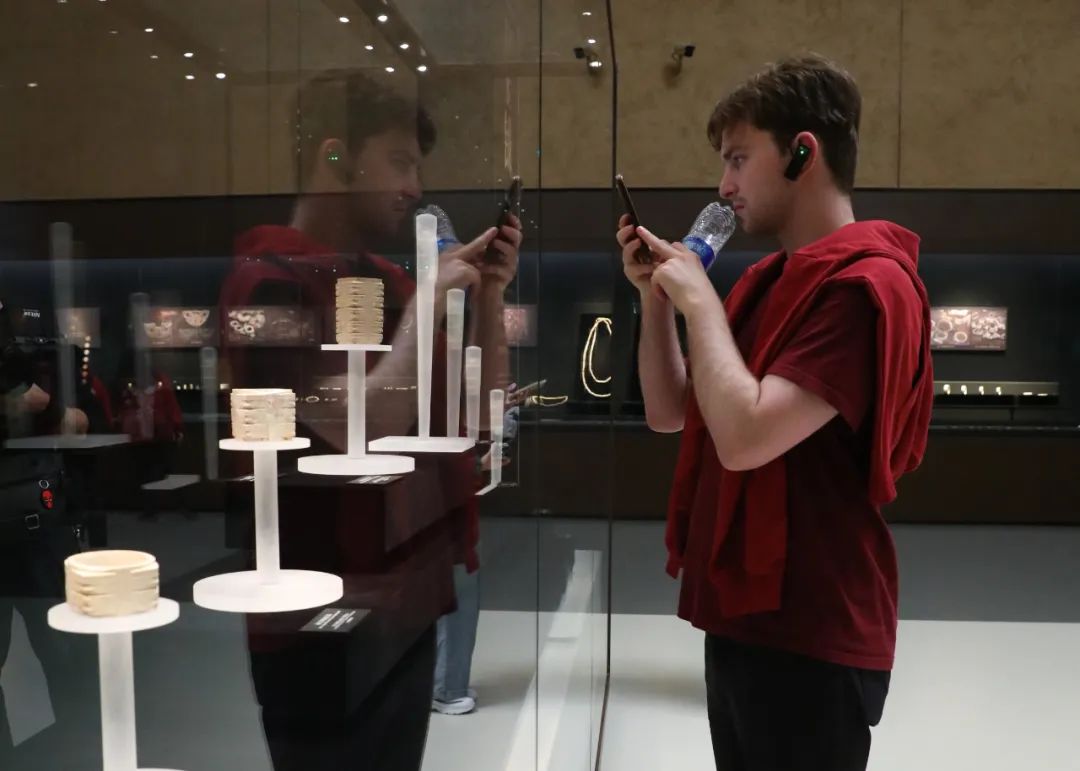
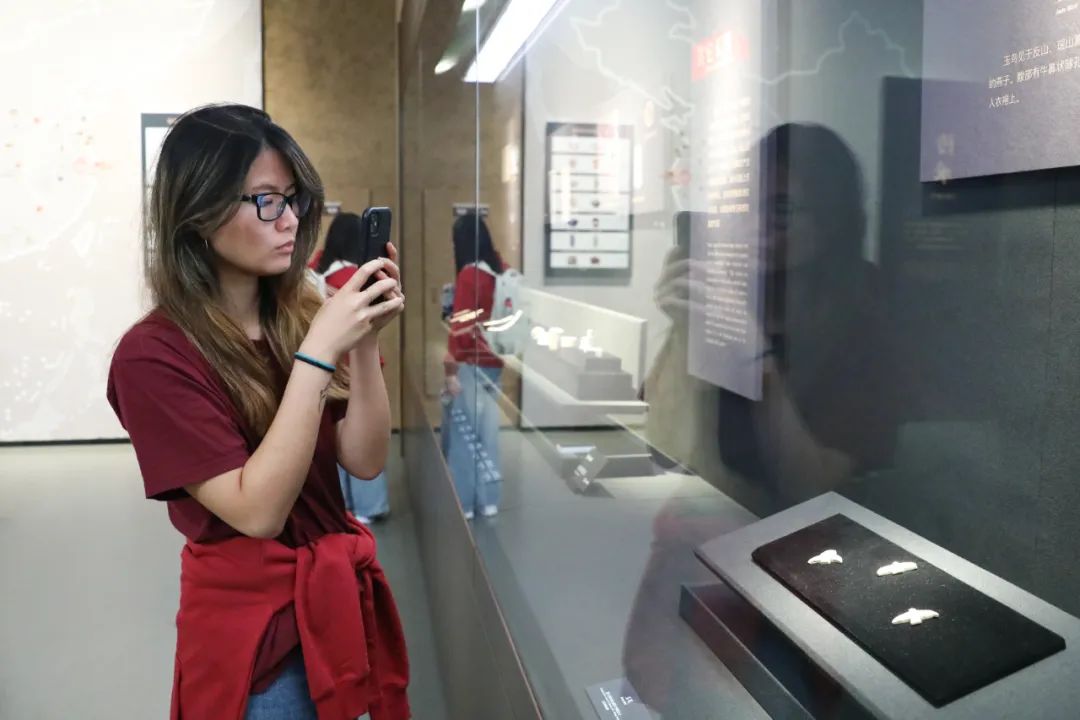
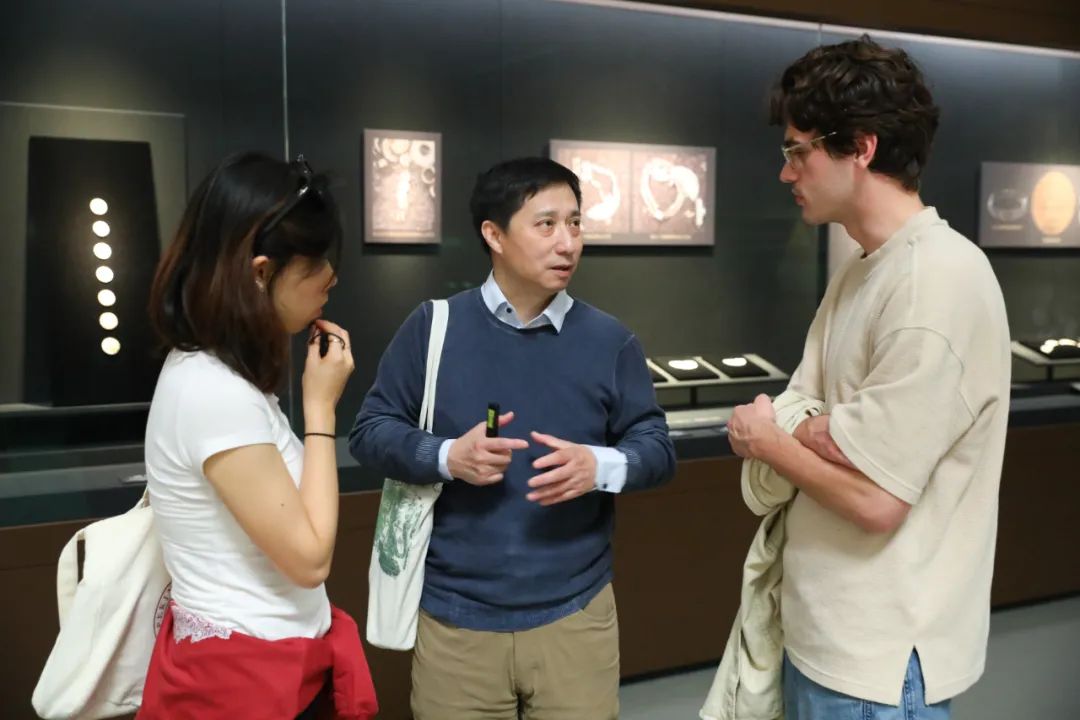
After the museum, the group continued on to the Liangzhu Ancient City Relics. At this ancient city site, Scholars explored early urban development in China and gained unique insights into the Liangzhu civilization’s architectural and cultural legacy. This visit allowed them to delve deeper into China’s early history, offering a vivid perspective on the achievements of one of its foundational civilizations.
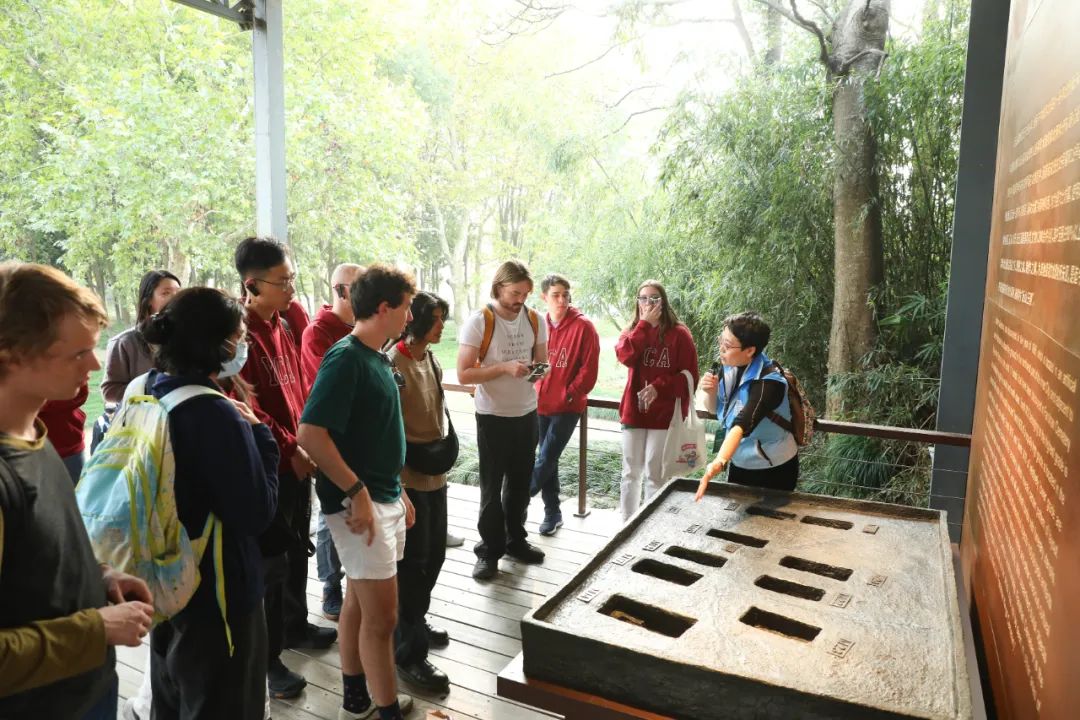
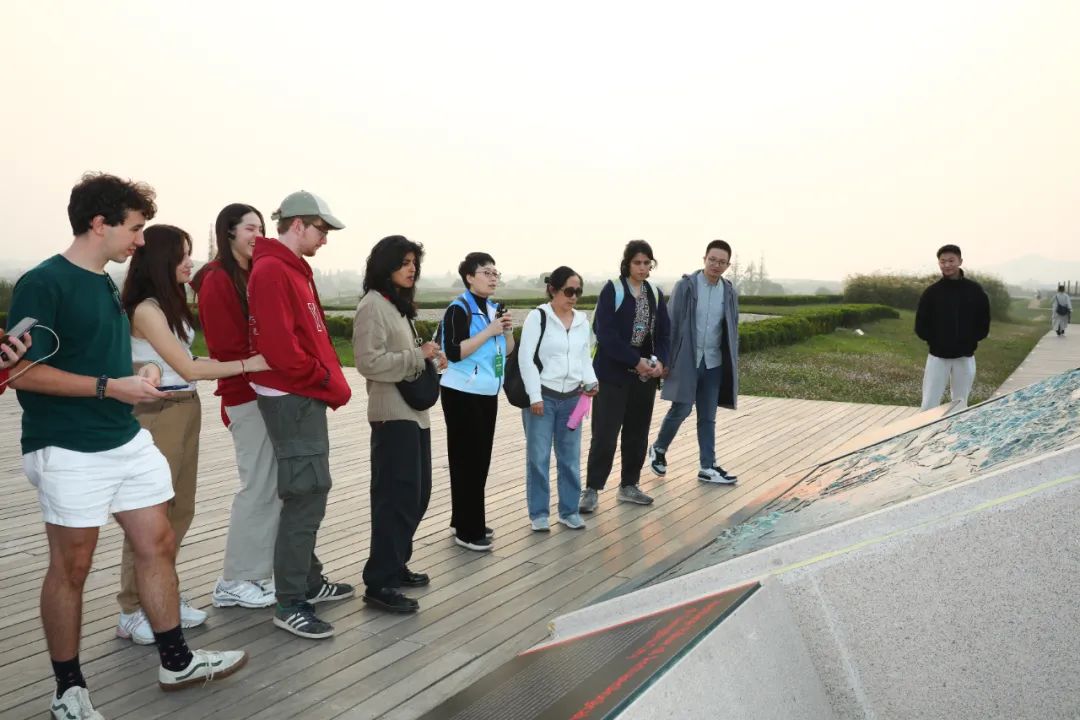
A Look into China's High-Tech Landscape and Rural Development Initiatives
The day offered an exciting exploration of cutting-edge technology and grassroots development in China, beginning with site visits to major companies under the Alibaba Group. Scholars were divided into groups to visit Ant Group, Alibaba Cloud, and Cainiao Group, gaining insights into the latest advancements in digital finance, cloud computing, and logistics technology.
At Ant Group, Scholars learned about its initiatives in ecological and industrial revitalization, poverty alleviation, and inclusive financial services. They explored innovative payment technologies, such as facial recognition and "tap-to-pay," and discovered how the company’s global cross-border payment solutions enable seamless transactions for consumers and small businesses.
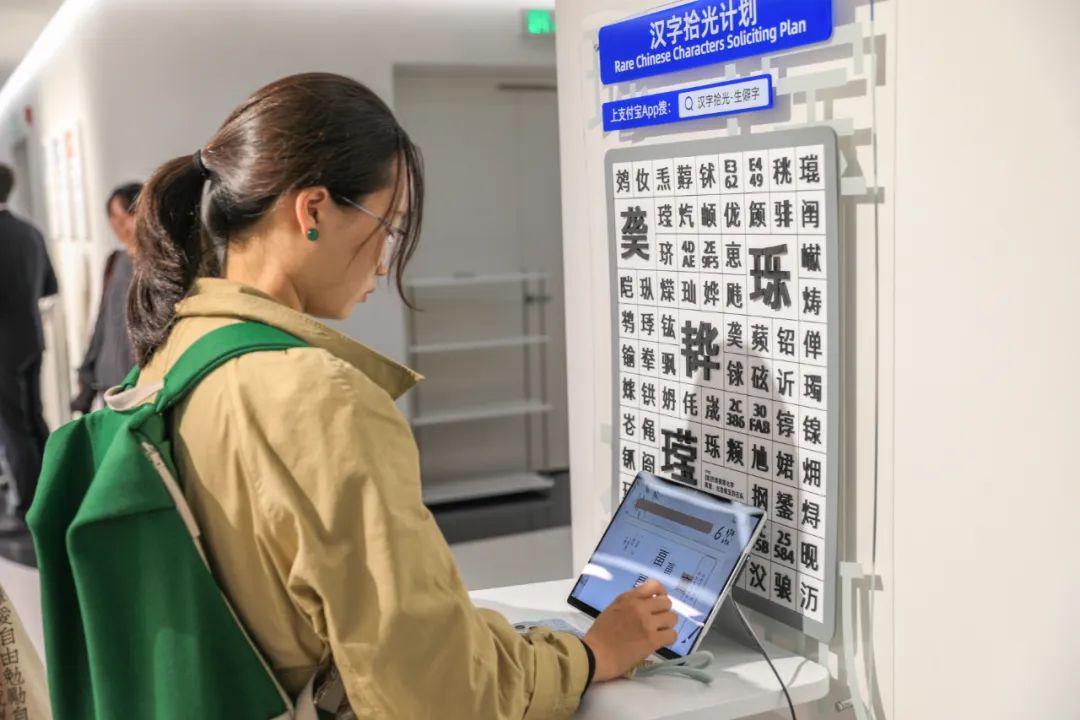
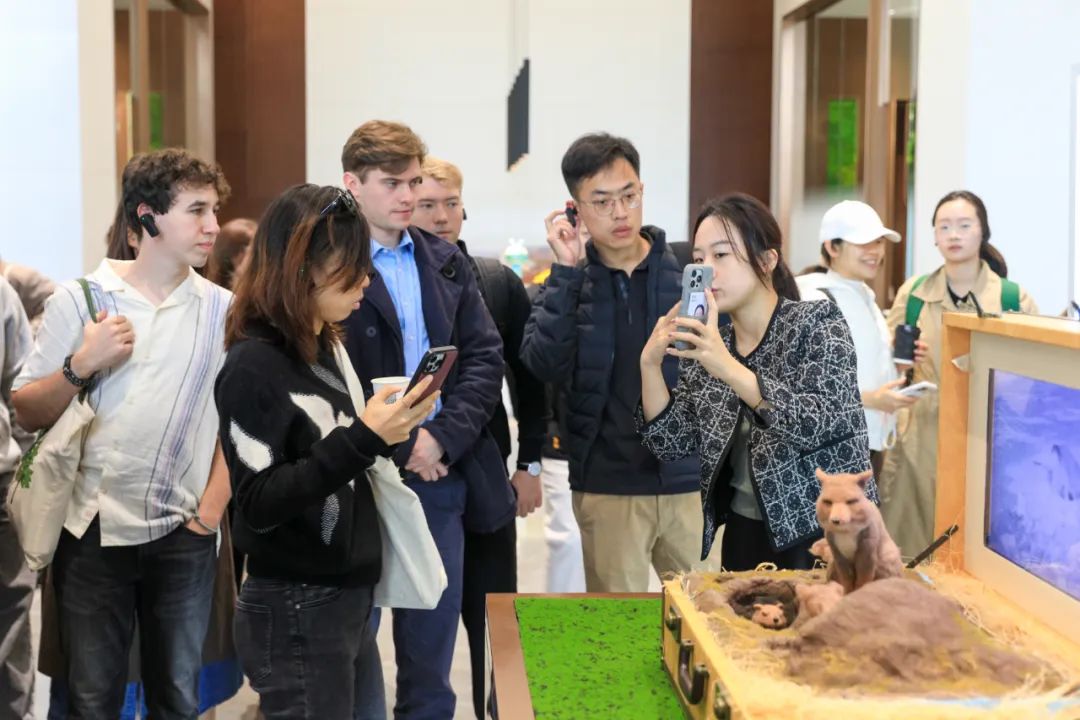
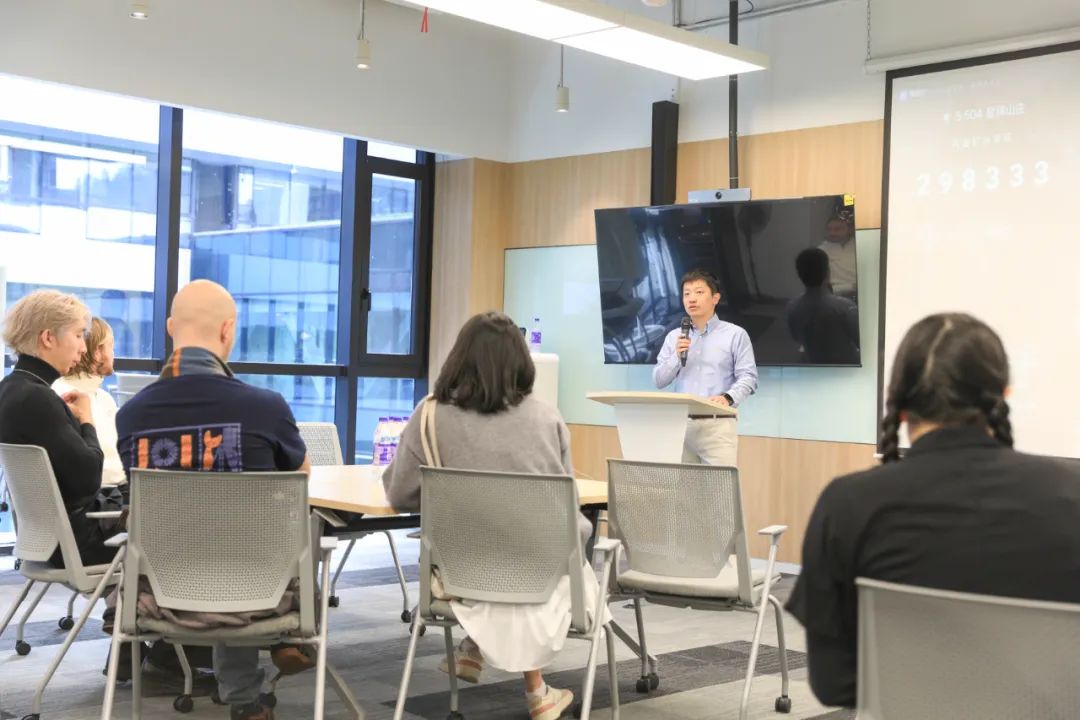
The visit to Alibaba Cloud provided a comprehensive overview of its global operations and technological impact. Scholars explored its extensive network of over 200 data centers worldwide, with a focus on energy-efficient strategies such as liquid cooling systems and green energy solutions. The session concluded with a Q&A, offering insights into career opportunities and the company’s vision for the future of cloud infrastructure.
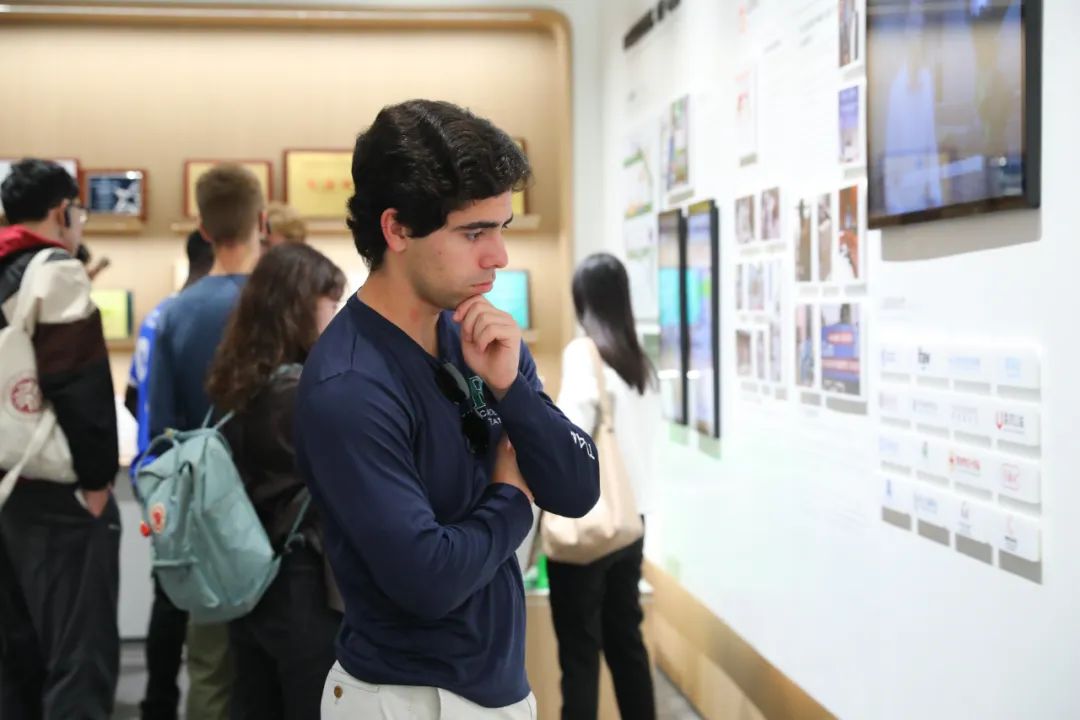
At Cainiao Group, Scholars witnessed the integration of advanced logistics technologies, including AI-driven packaging, autonomous delivery robots, and automated sorting systems. These innovations showcased Cainiao’s role in revolutionizing the logistics sector with a focus on efficiency, sustainability, and customer-centric solutions.
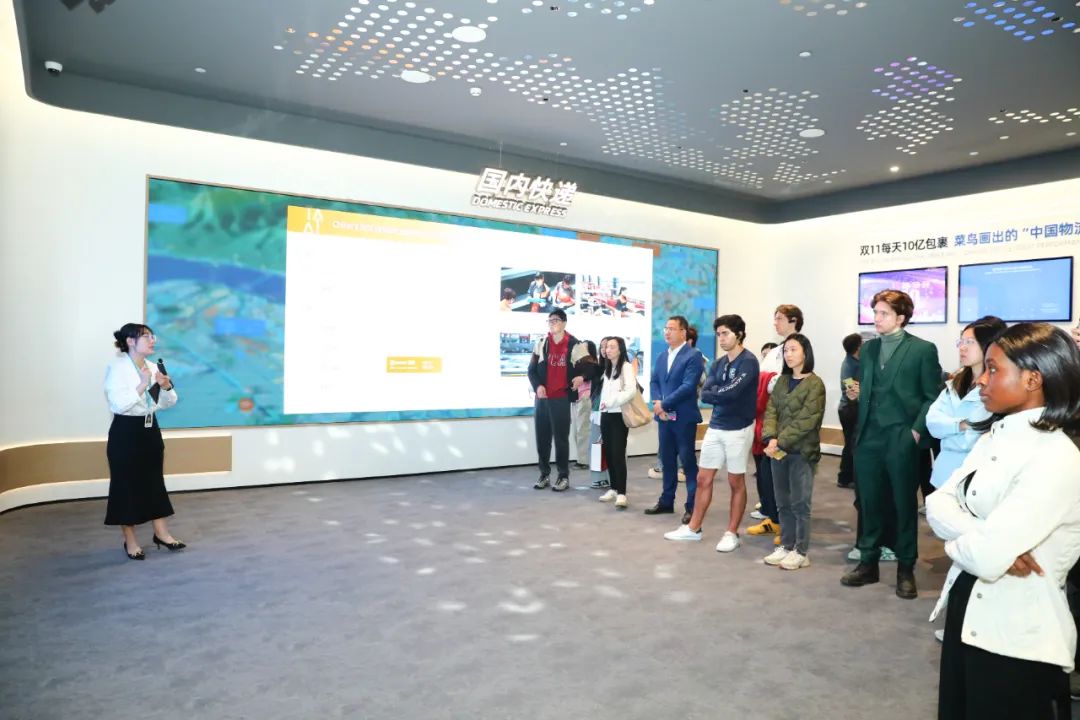
After the company visits, the group traveled to Qingshan Village to explore China's rural revitalization efforts. Following some free time to explore the scenic village, Scholars attended a lecture by the village's co-founders, who discussed strategies for developing sustainable and modern rural communities. The lecture emphasized how such initiatives align with China's national development goals, fostering economic growth while preserving cultural heritage.
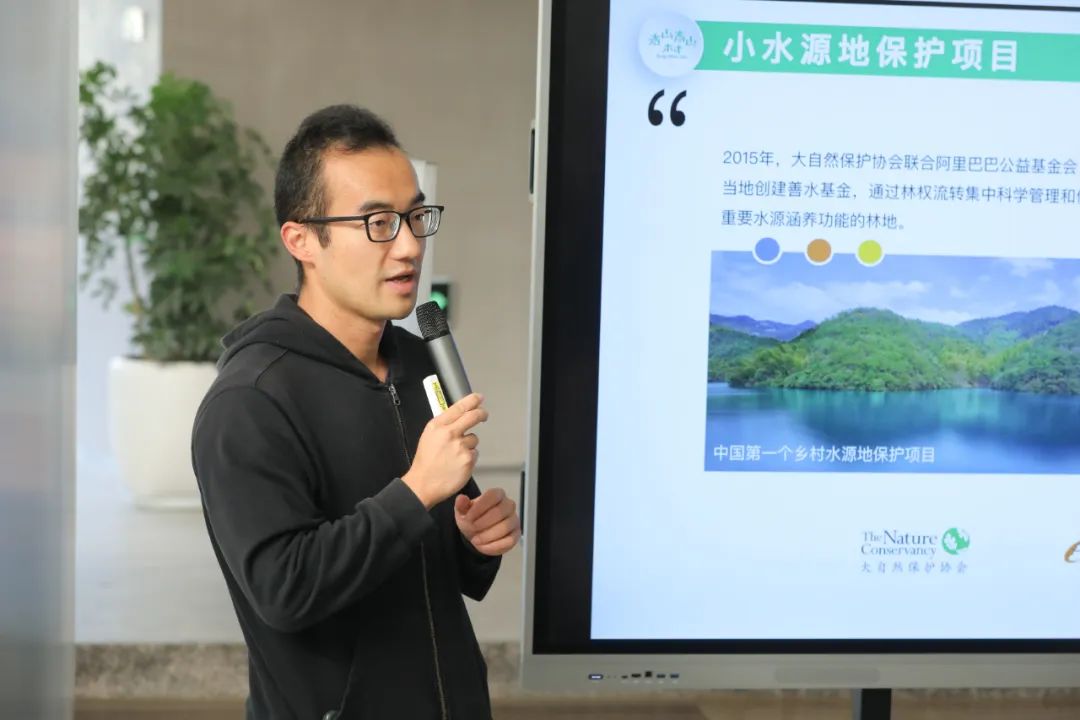
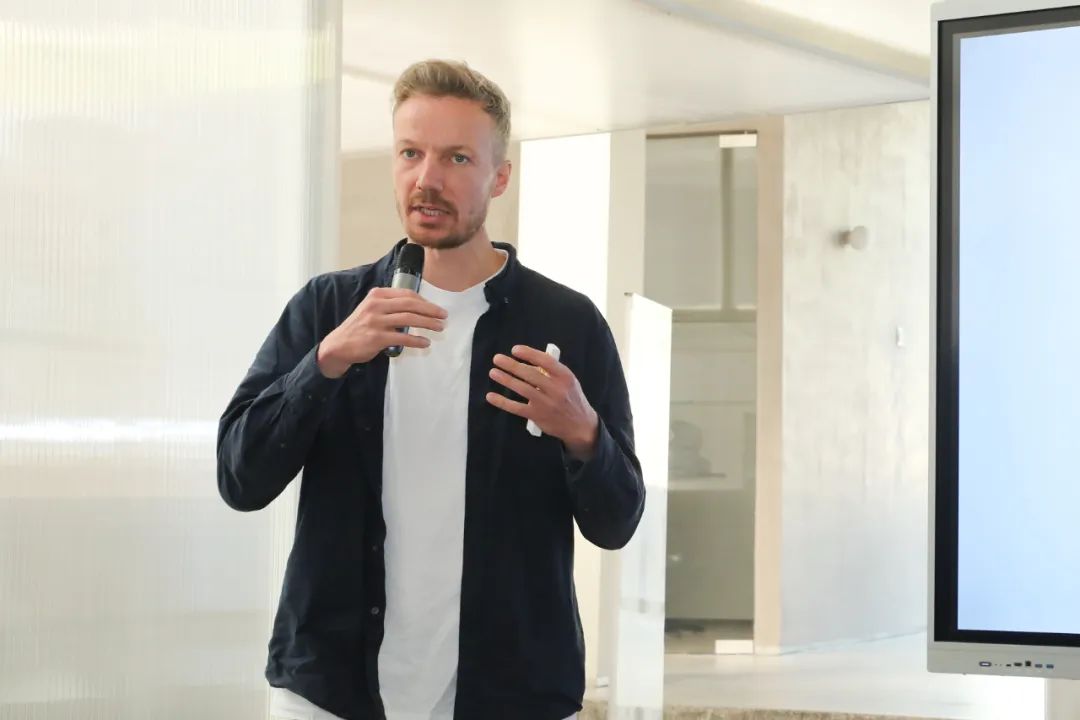
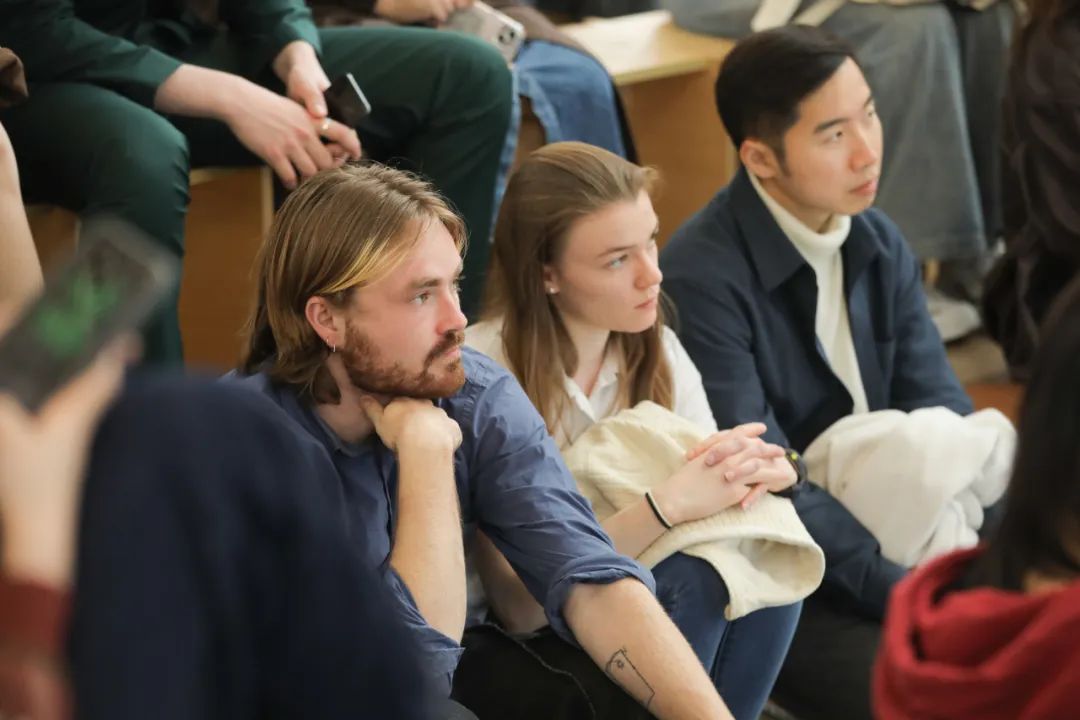
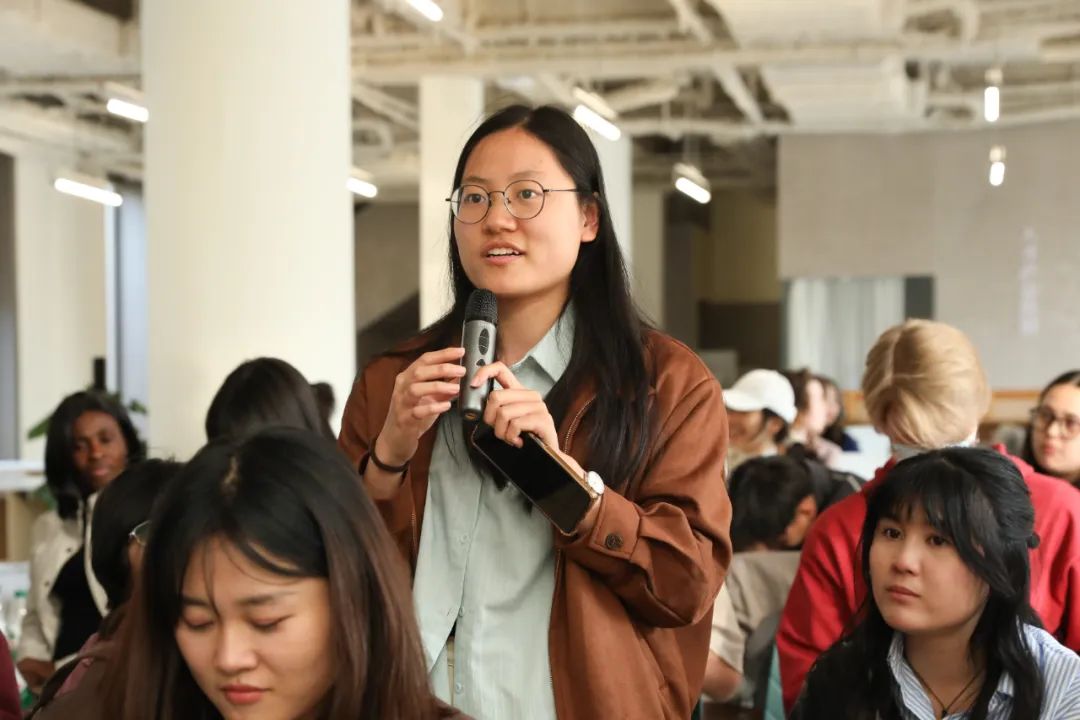
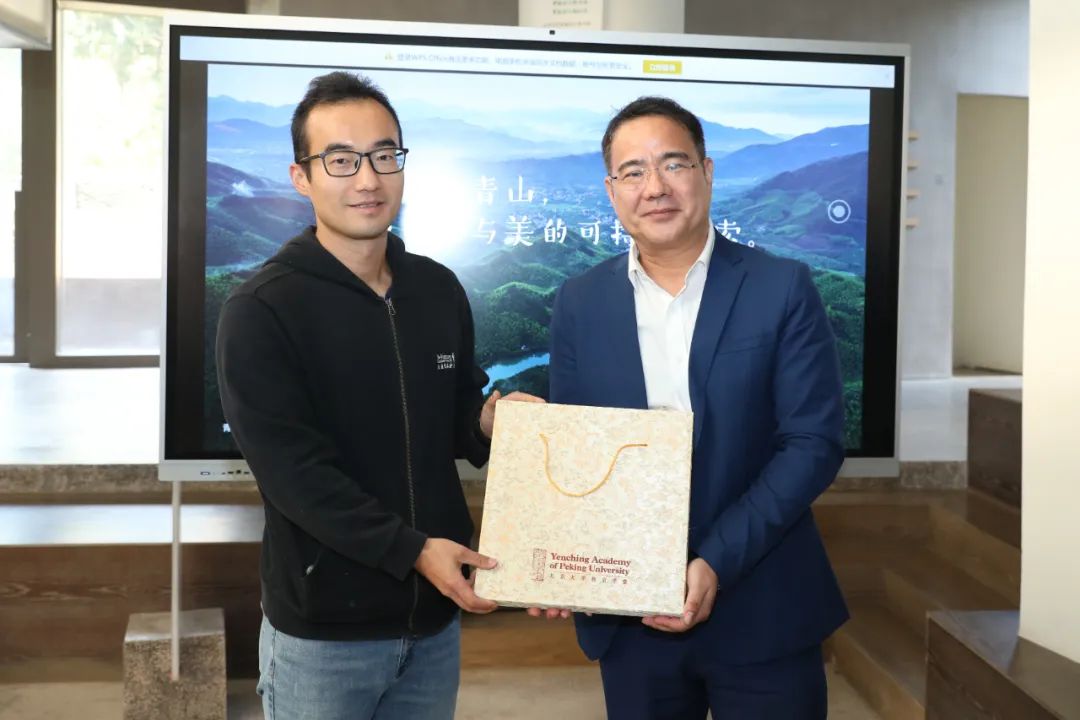
The afternoon featured a hands-on cultural activity in which Scholars created bamboo fans adorned with dried wildflowers, a traditional craft that offered a glimpse into local artistry and craftsmanship. The visit concluded with a guided tour of Qingshan Village, highlighting its innovative infrastructure and community-driven revitalization efforts.
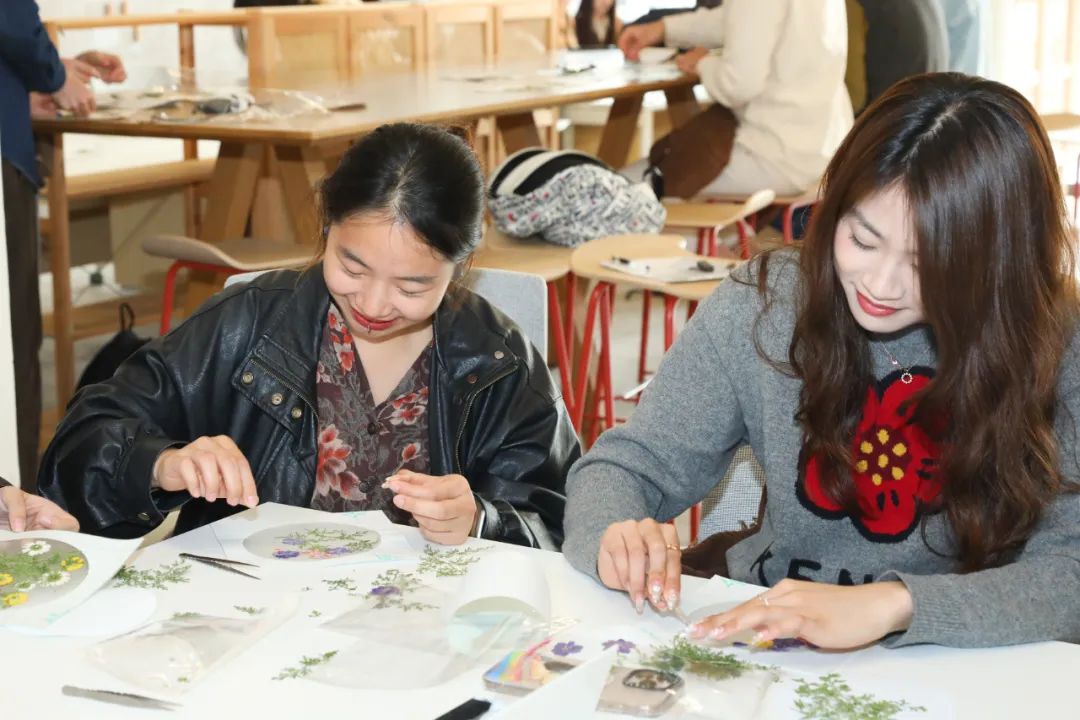
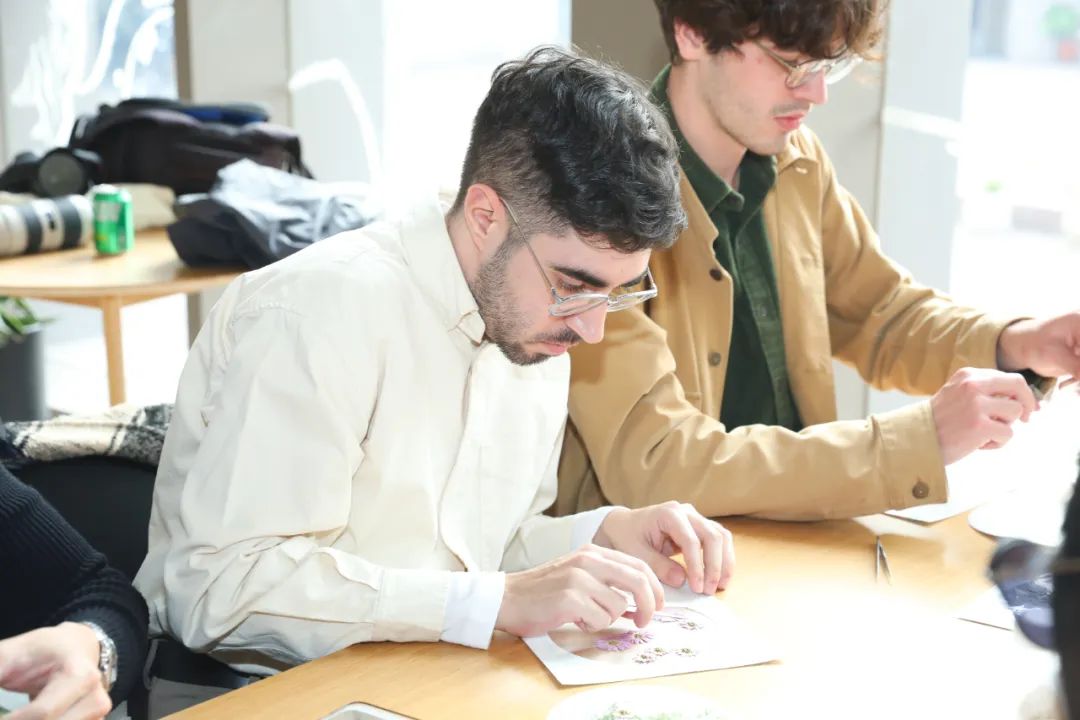
Exploring Spiritual Heritage and Textile Art: A Day in Hangzhou's Temples and Silk Museum
The day began with a visit to Lingyin Temple, one of Hangzhou's most renowned Buddhist landmarks. Scholars proceeded to Yongfu Temple, where Professor Lu Yang delivered a lecture in the historic Fanlai Hall, offering profound insights into Buddhist teachings and the evolution of the doctrine across Asia. Following the lecture, Scholars were free to explore Lingyin Temple and Feilai Peak, immersing themselves in the tranquil surroundings, marveling at the intricate temple architecture, and deepening their connection to China’s spiritual heritage.
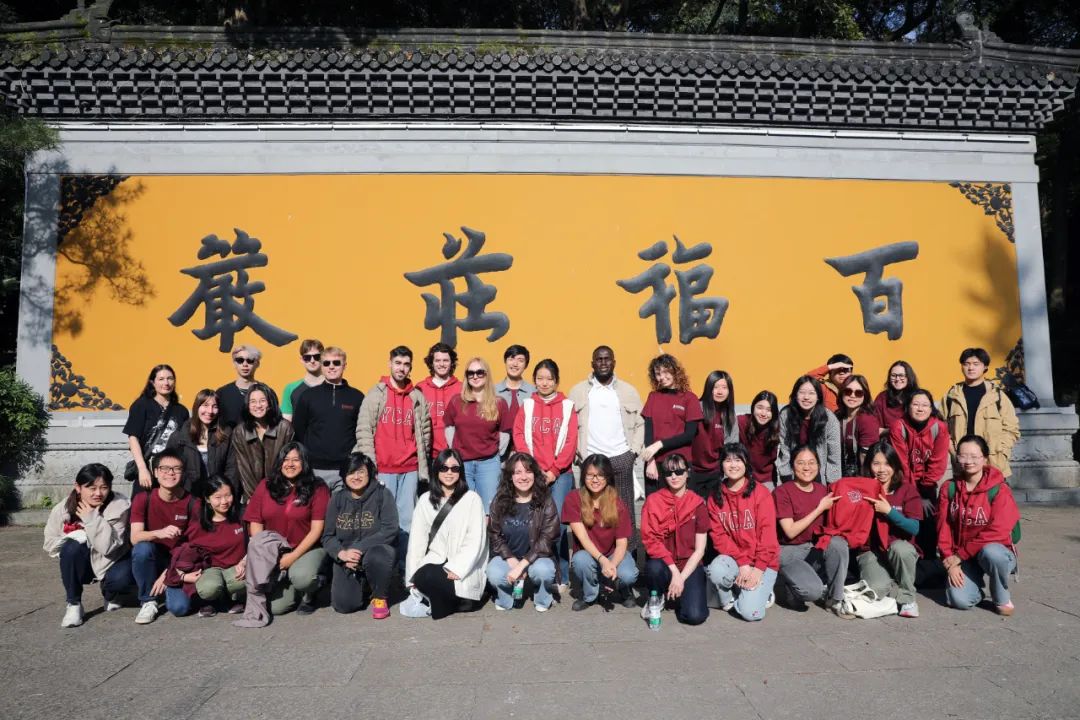
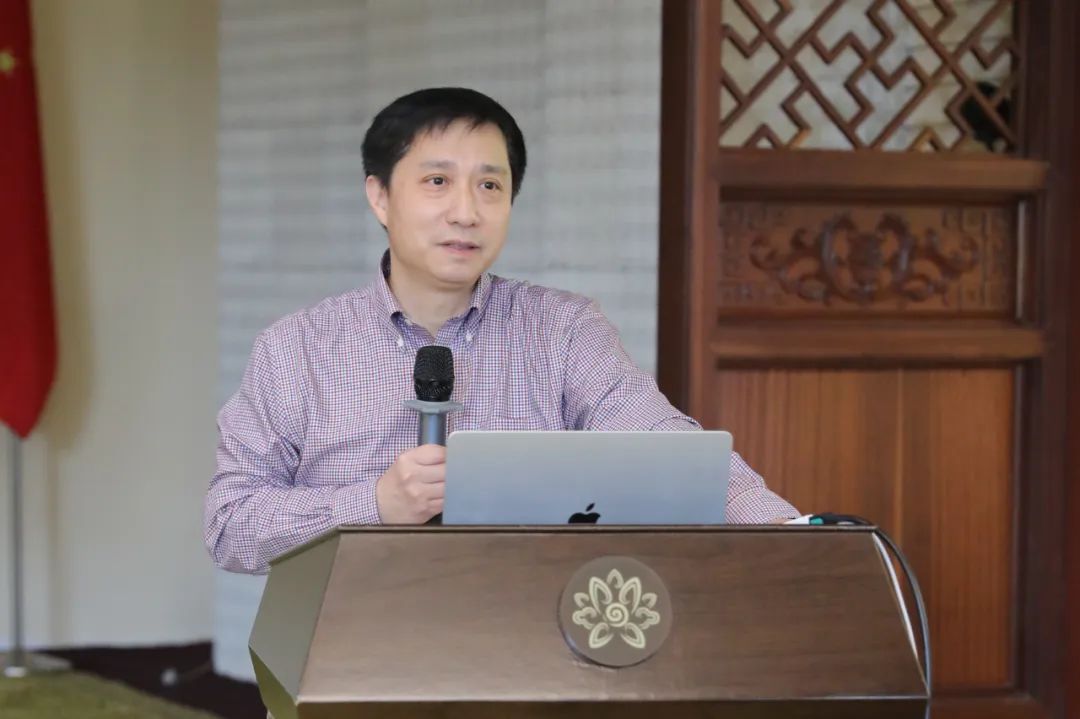
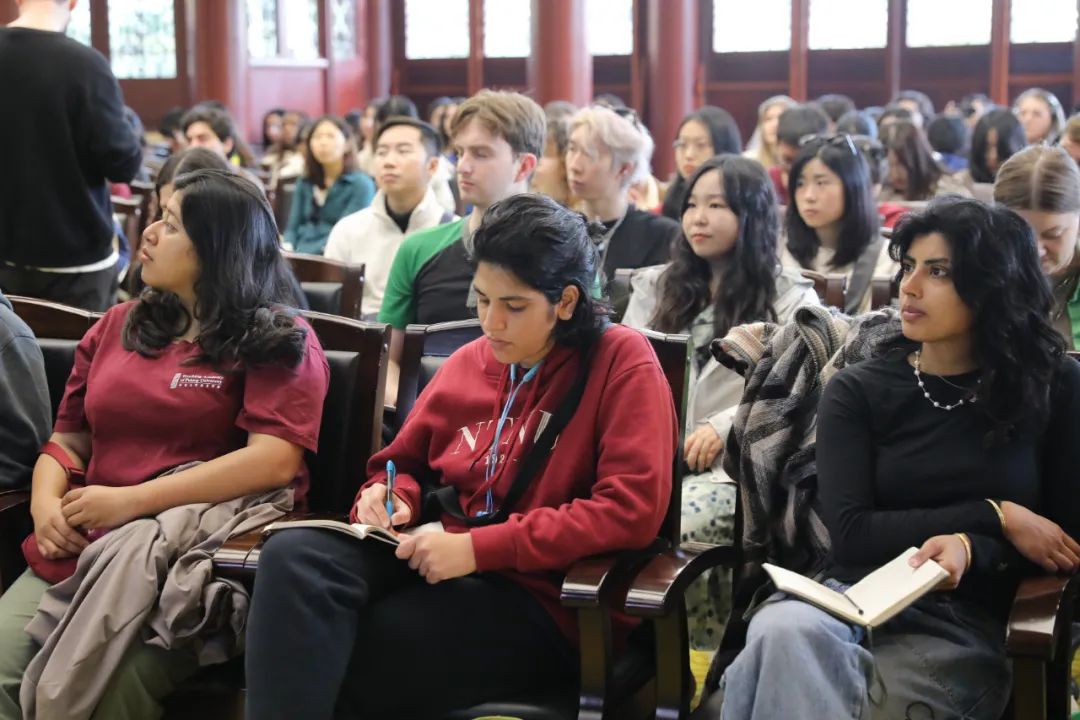
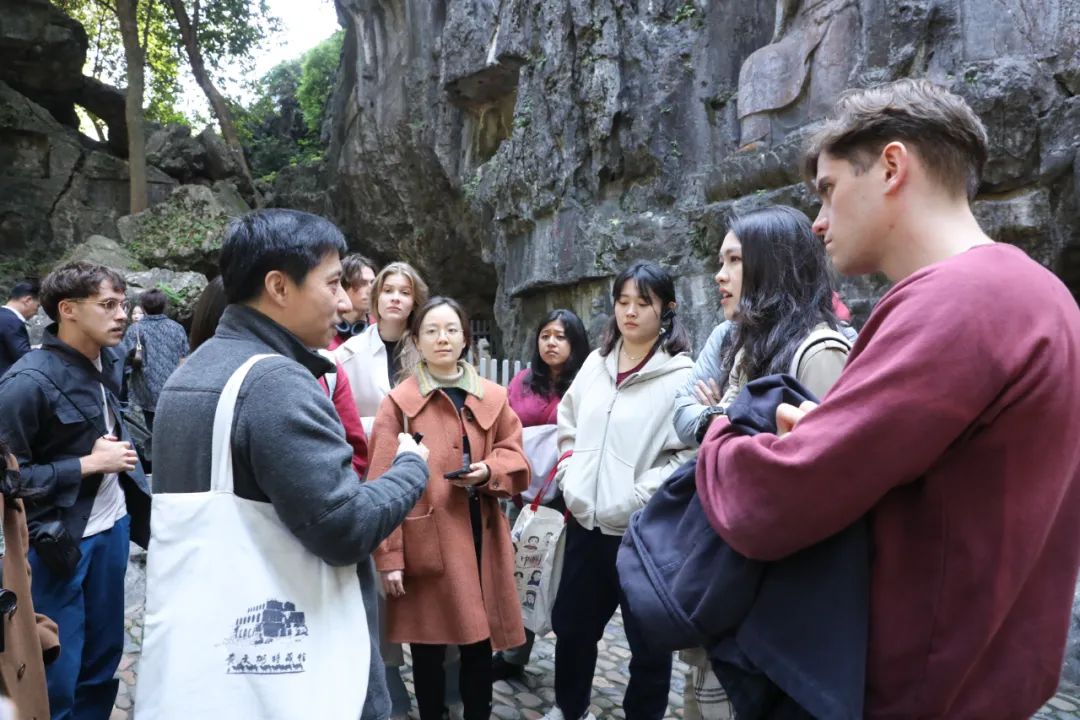
In the afternoon, the group traveled to the China National Silk Museum for an engaging exploration of China’s rich textile history. A guided tour provided a comprehensive look at the cultural and economic significance of silk, followed by an enlightening sharing session with Aniko, an expert from the Museum of Applied Arts. Her presentation offered valuable perspectives on textile conservation and the artistry behind this ancient craft, enriching the Scholars’ understanding of China’s enduring legacy in silk production.
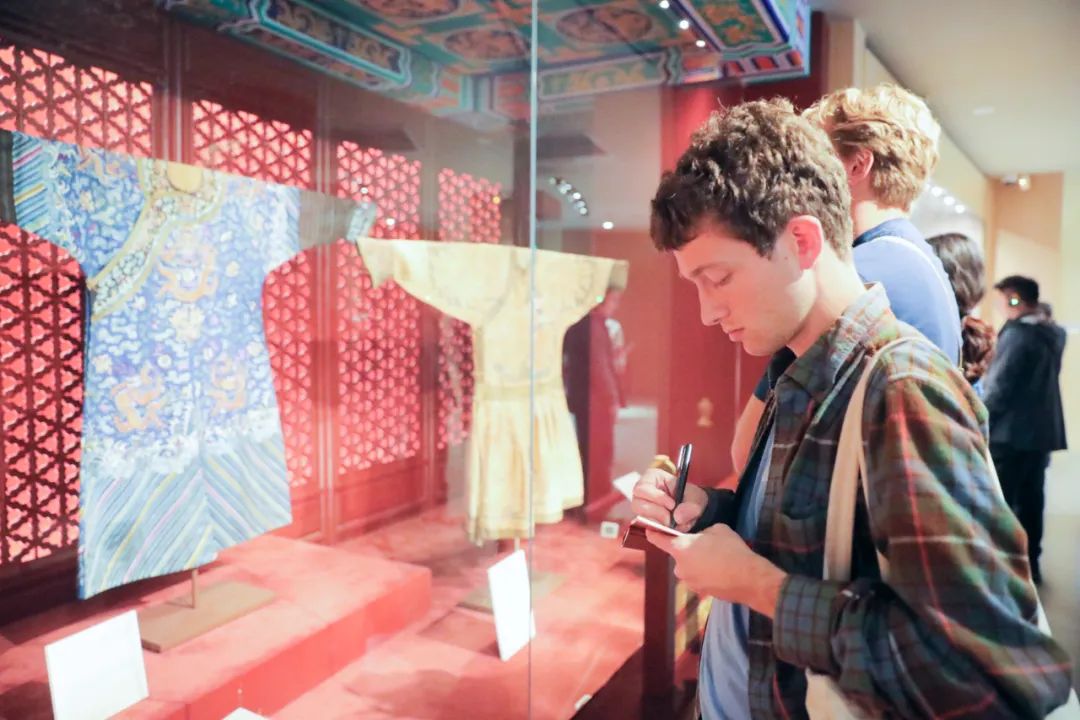
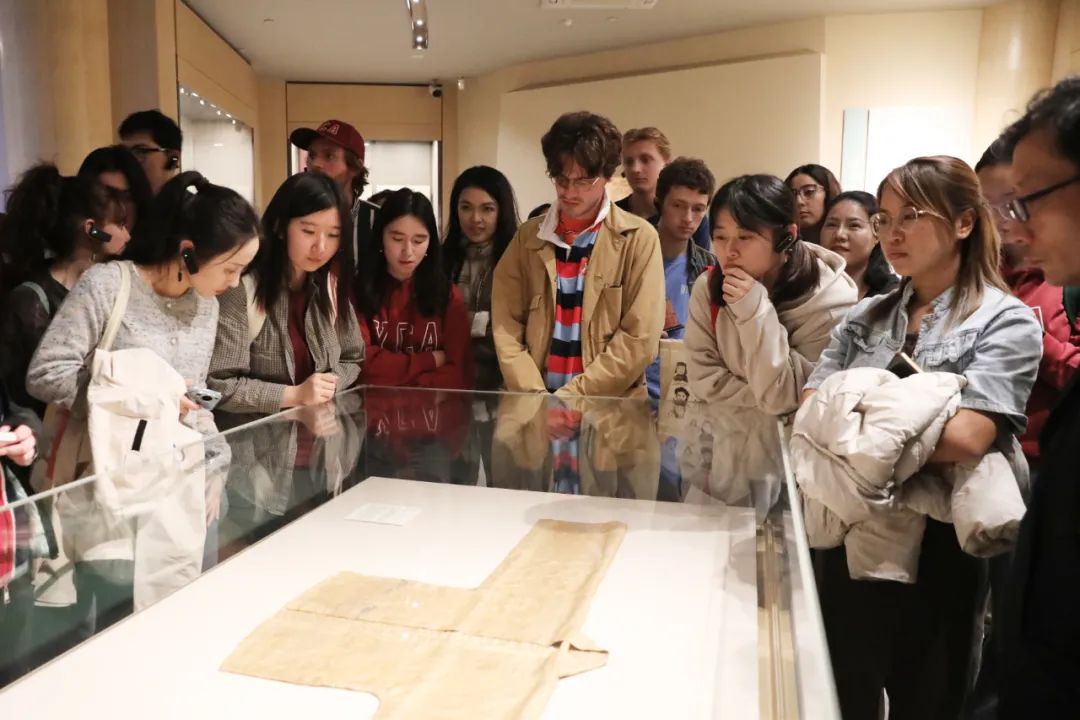
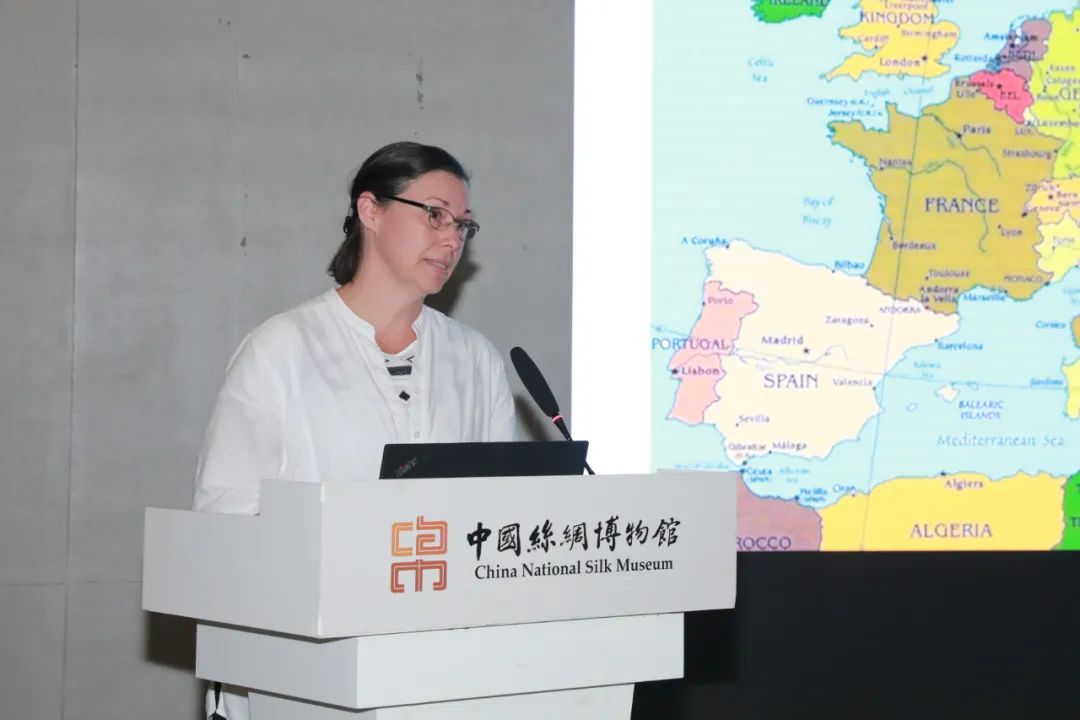
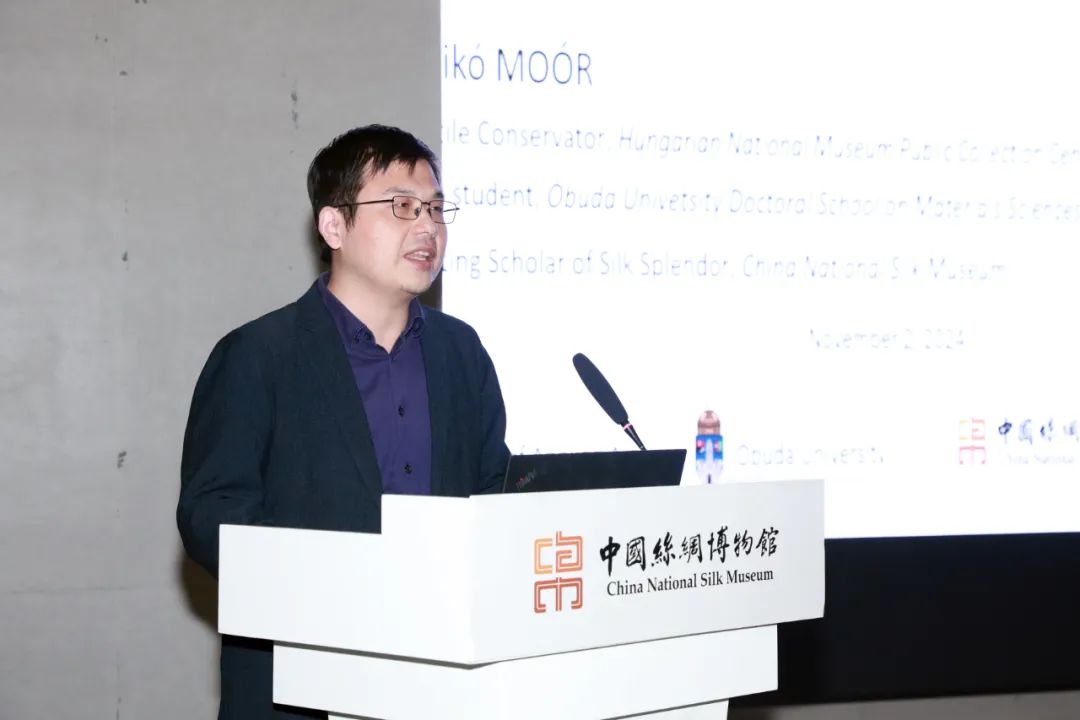
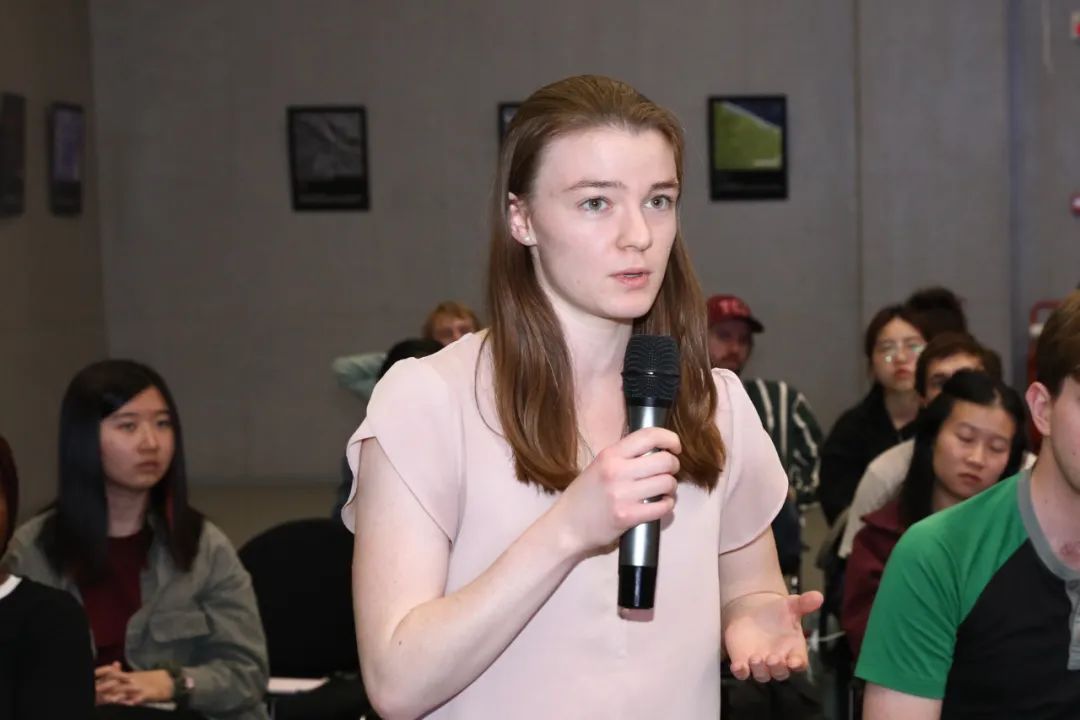
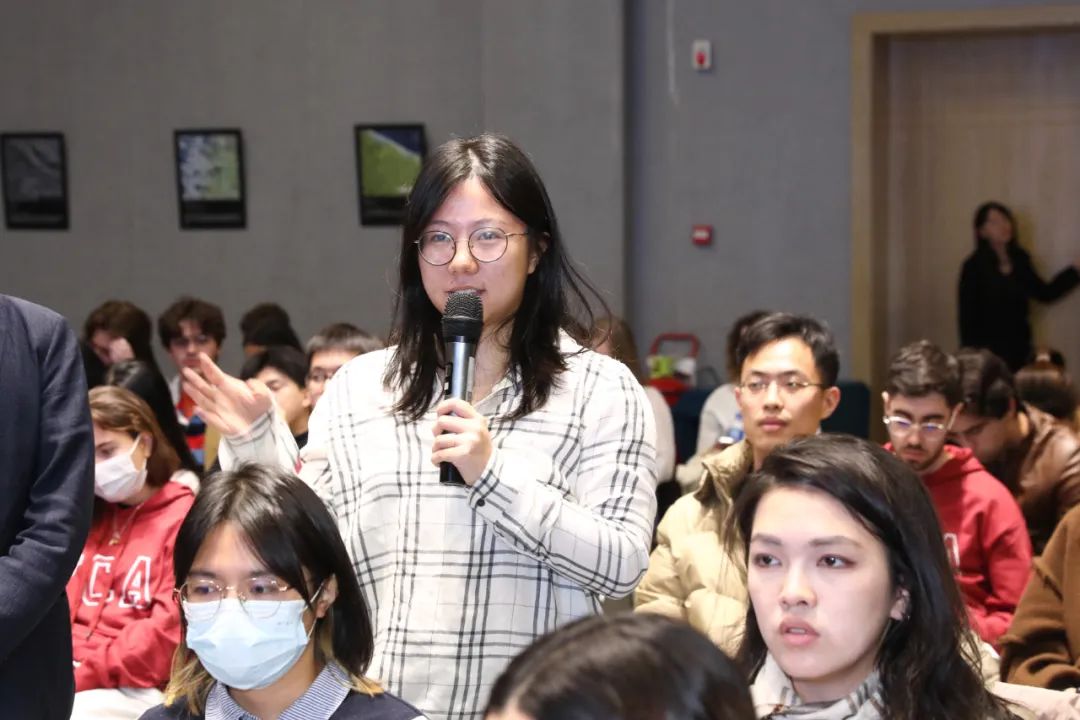

Ningbo: A Day at the Jiang Family Hometown and Xuedou Mountain
In Ningbo, Yenching Scholars continued their exploration of Zhejiang with a day centered around the historical legacy of the Jiang family and the natural beauty of Xuedou Mountain.
Upon arrival in Xikou, the group enjoyed lunch at a local restaurant, after which they walked to the Jiang Family Hometown. This site, tied to the legacy of Chiang Kai-shek, provided Scholars with an in-depth look at the historical significance of the Jiang family in Chinese history. They explored the residence and surrounding areas, gaining insights into the life and impact of one of modern China’s influential historical figures.
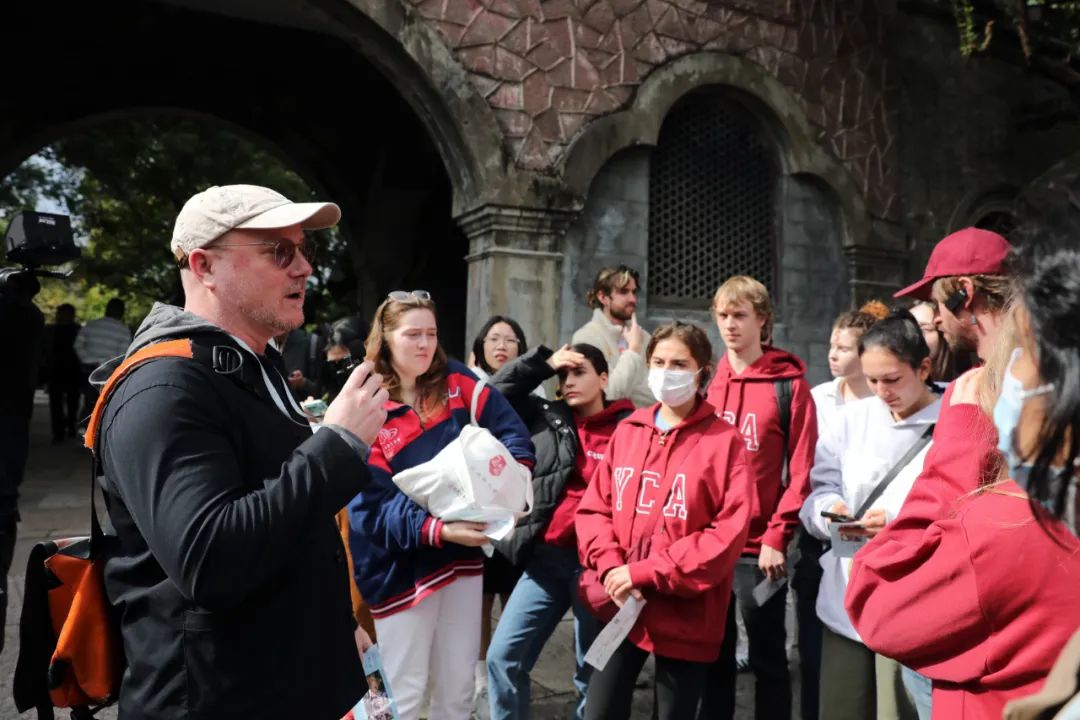
In the afternoon, the group traveled to Xuedou Mountain, a scenic location renowned for its natural beauty and cultural sites. Scholars spent time exploring the mountain’s trails and landmarks, taking in the breathtaking views and appreciating the peaceful environment. This experience allowed them to connect with the natural landscape and understand its cultural relevance in Zhejiang.
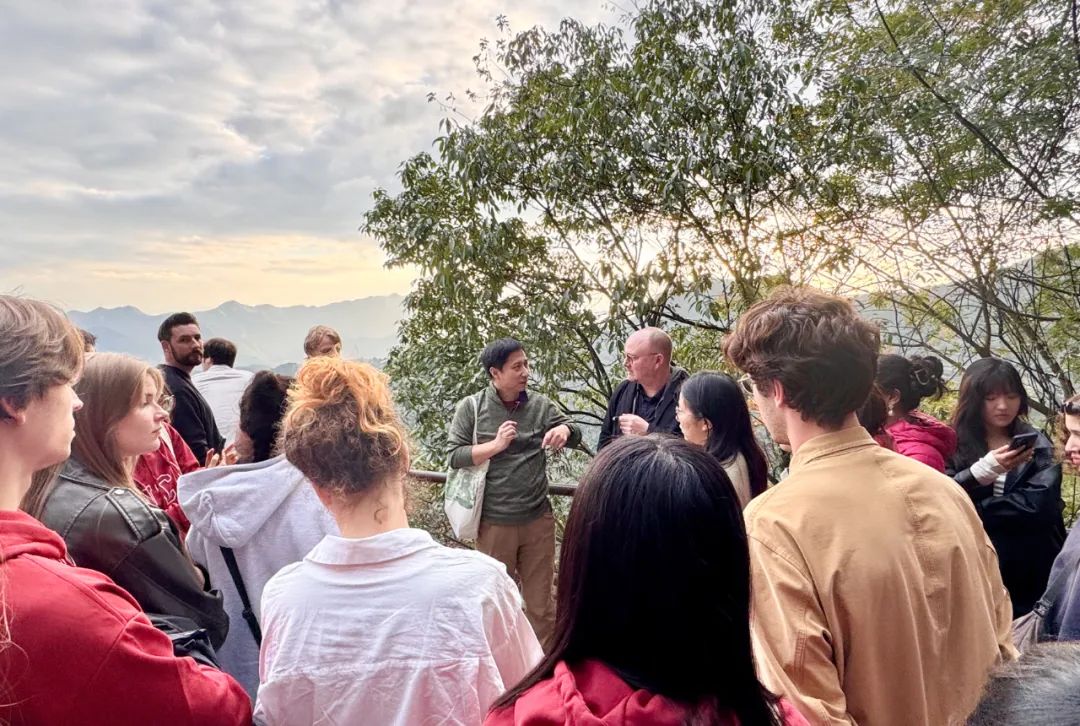
Exploring Cutting-Edge Technology and Cultural Heritage: Zeekr Factory and Anlan Guildhall
The day centered around exploring cutting-edge technology and cultural heritage, beginning with a visit to the Zeekr Factory, a leader in China's electric vehicle industry. During the comprehensive tour, Scholars were introduced to Zeekr’s latest advancements in electric vehicle technology, including its innovative manufacturing processes and sustainable design principles. The visit showcased China's emphasis on innovation, sustainability, and the future of green transportation, offering valuable insights into the country’s growing impact on the global automotive industry.
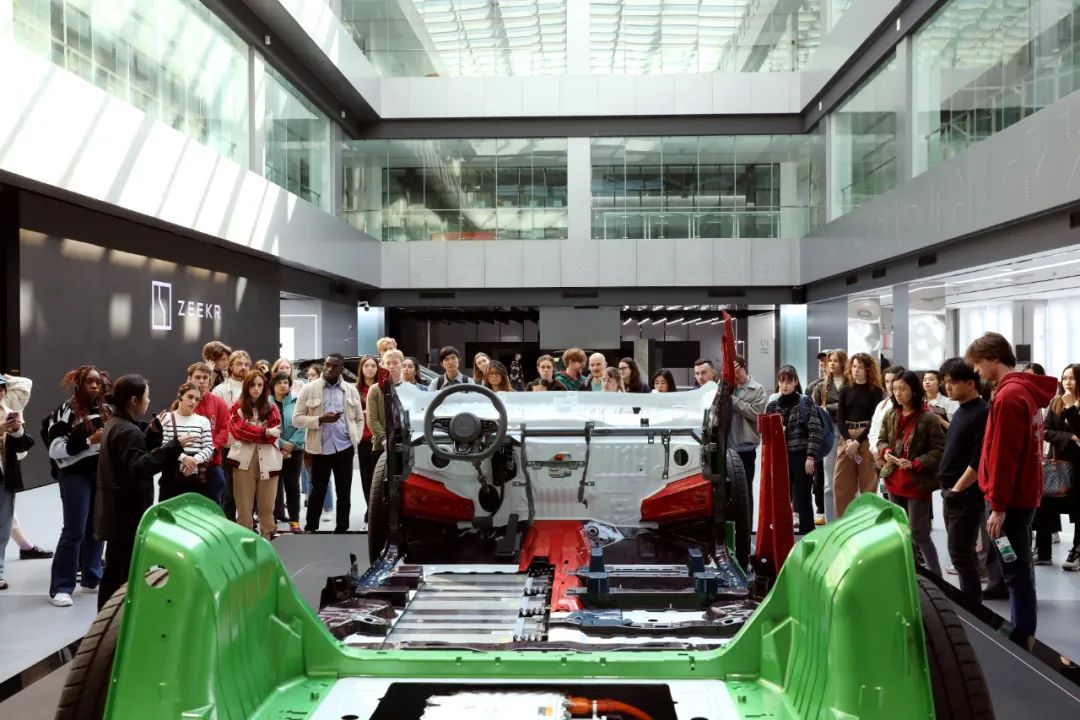
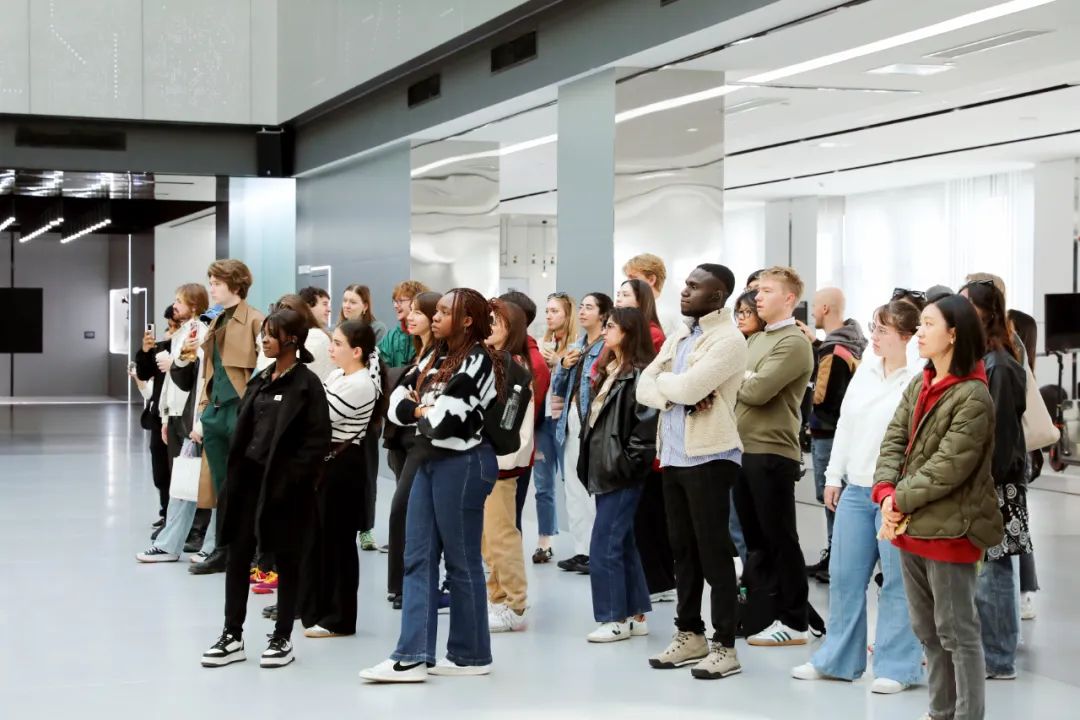
In the afternoon, the group explored the Anlan Guildhall, a historic structure built in 1826 during the Qing Dynasty. Originally serving as a meeting place for southern merchants and a temple dedicated to the sea goddess Mazu, the guildhall provided a unique perspective on China’s rich maritime history. Through its intricate architecture and preserved relics, Scholars gained a deeper understanding of Ningbo’s historical role as a trading hub and the cultural practices of merchant guilds that fostered economic growth and community cohesion in the region.
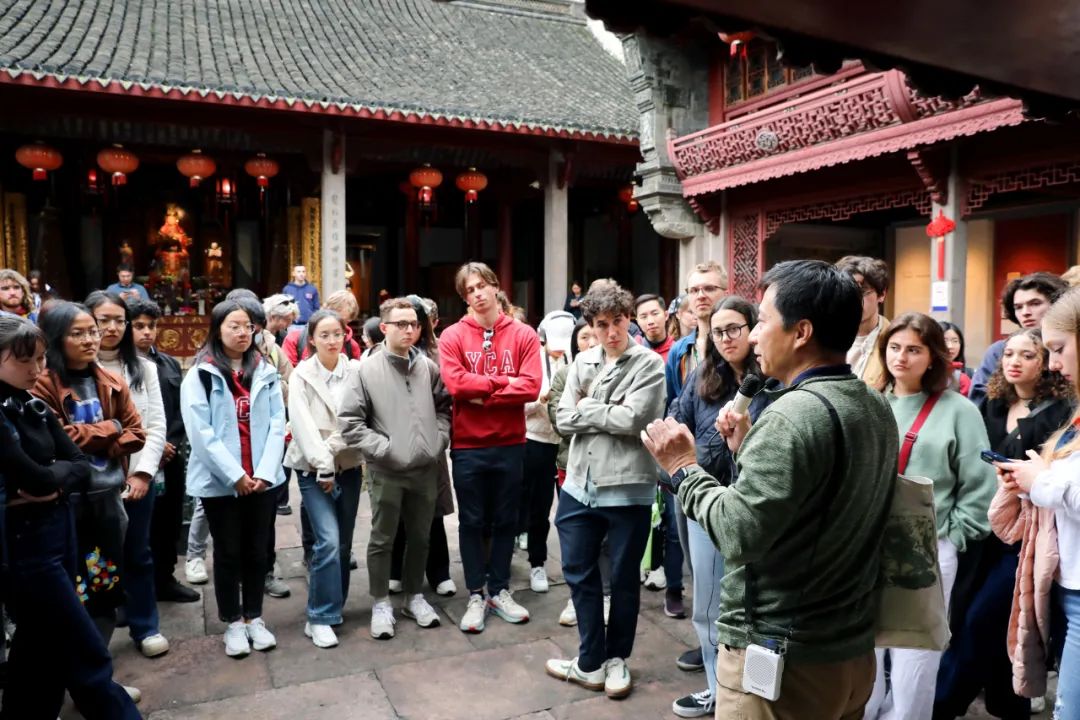
The visit concluded with an opportunity to further explore Ningbo’s cultural legacy. Scholars had the option to visit the Tianyi Pavilion, one of China’s oldest private libraries, renowned for its extensive collection of ancient books and its beautifully preserved traditional architecture. This final segment of the day offered a chance for reflection and deeper appreciation of Ningbo’s historical and cultural contributions.
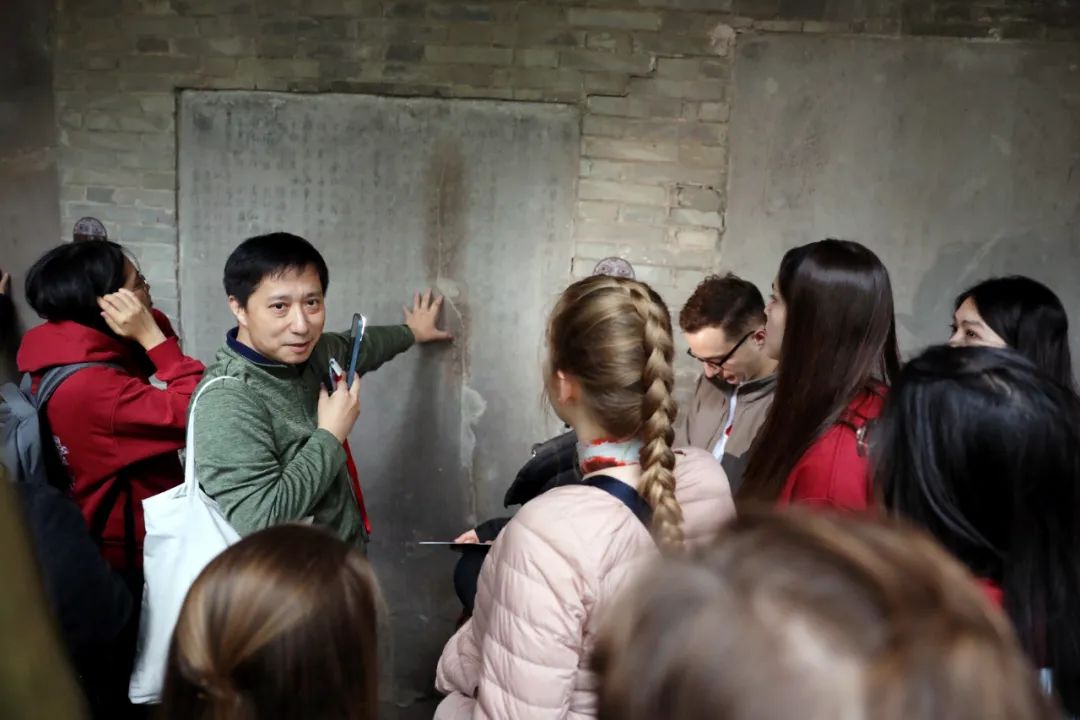
Conclusion: Bridging Past and Future Through Cultural and Technological Exchange
The week in Zhejiang province provided Yenching Scholars with an unparalleled opportunity to delve into the intricate layers of China’s cultural, historical, and technological narratives. From the ancient ingenuity of the Liangzhu civilization to the dynamic advancements in logistics, cloud computing, and green technology, the program demonstrated the profound interplay between tradition and innovation that defines modern China. Immersing themselves in diverse experiences—from exploring spiritual landmarks and artistic legacies to witnessing cutting-edge sustainability initiatives—Scholars gained not only academic and cultural insights but also a deeper appreciation for the shared values and aspirations that drive global progress. This journey, rich with learning and reflection, reminded us of the enduring connections between the past and the future. We hope it inspires a new generation to bridge divides, foster deeper understanding, and contribute meaningfully to a world shaped by collaboration and shared aspirations.
